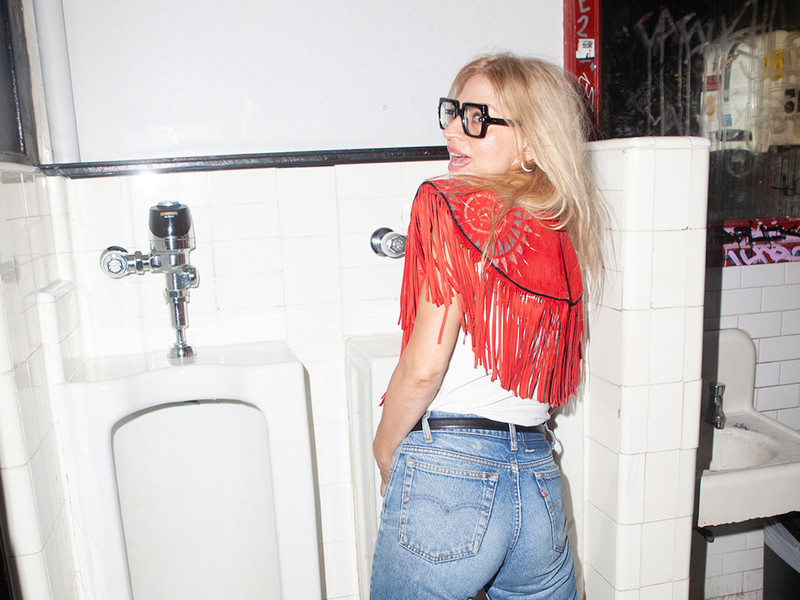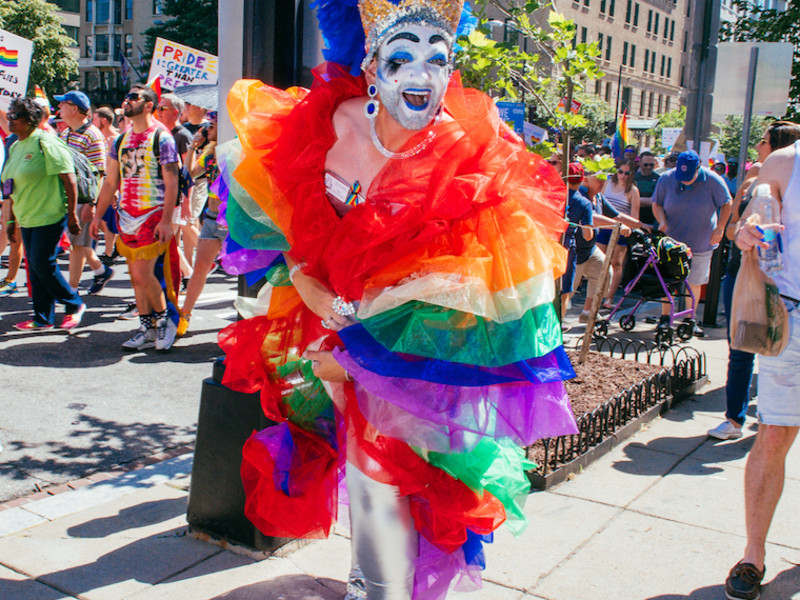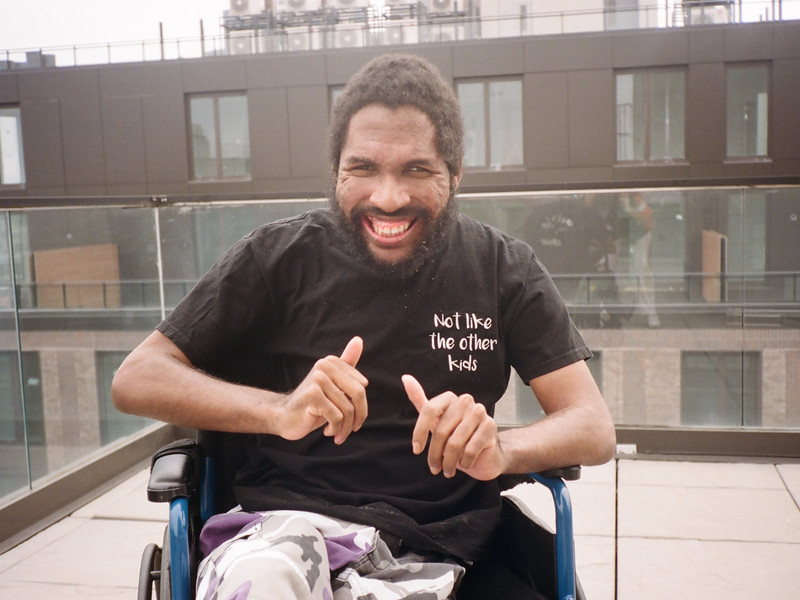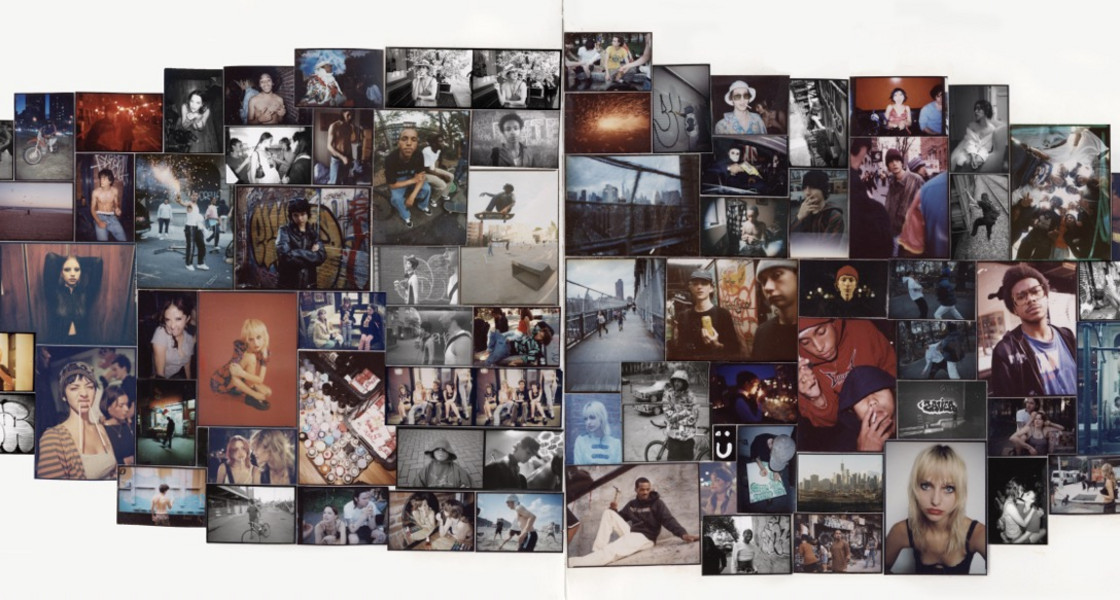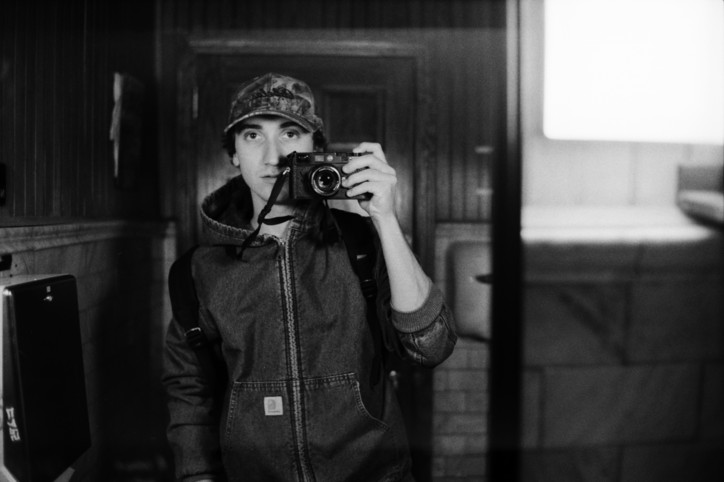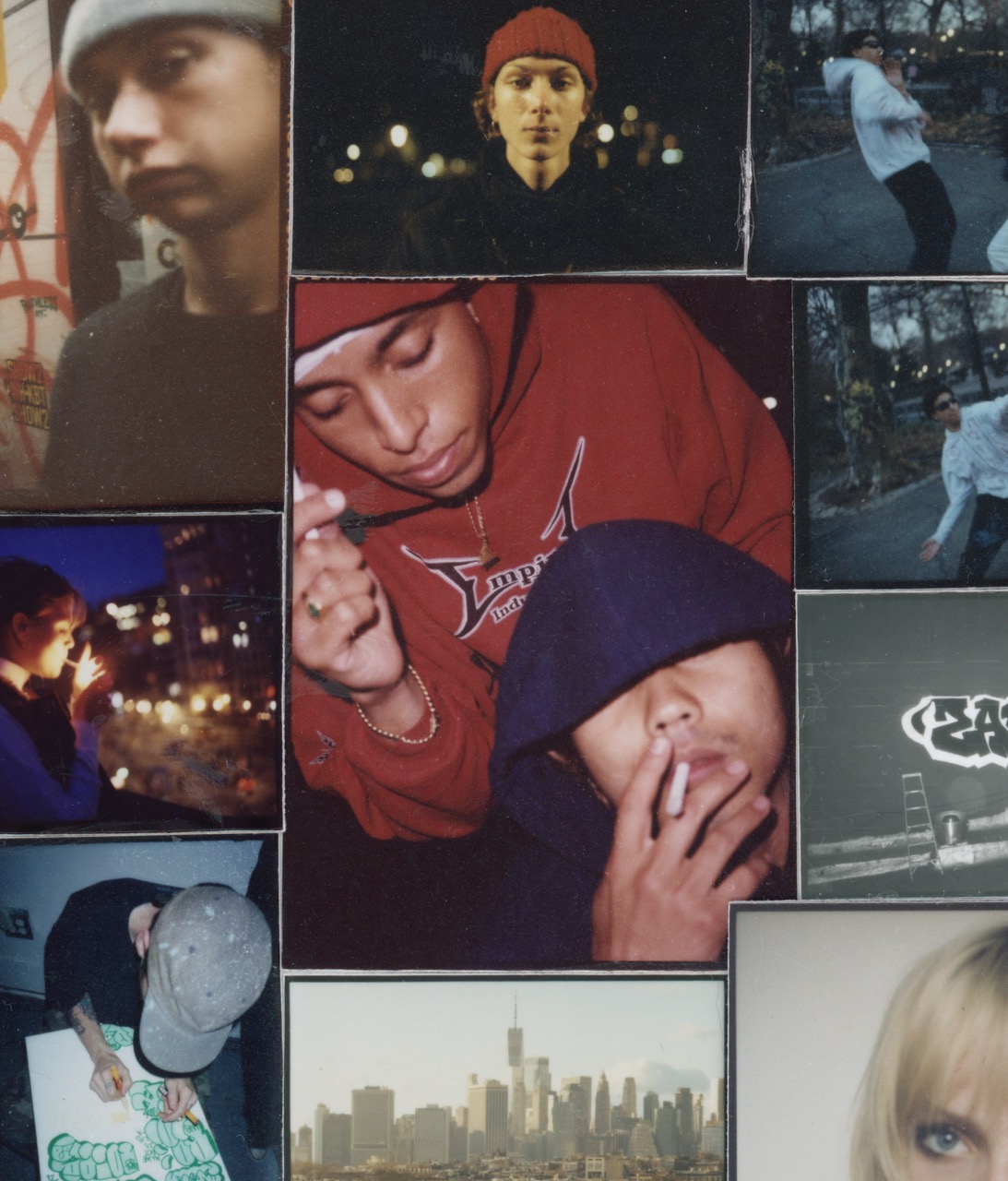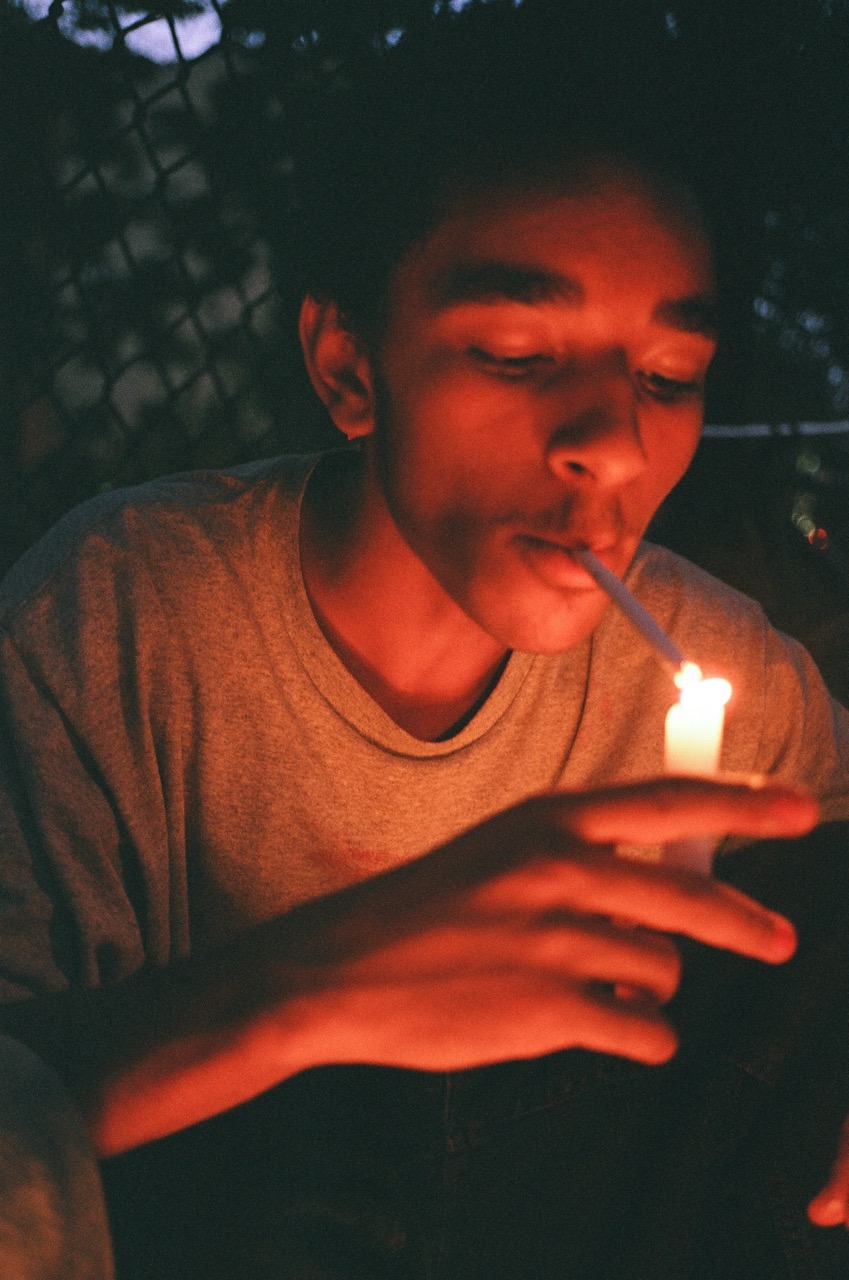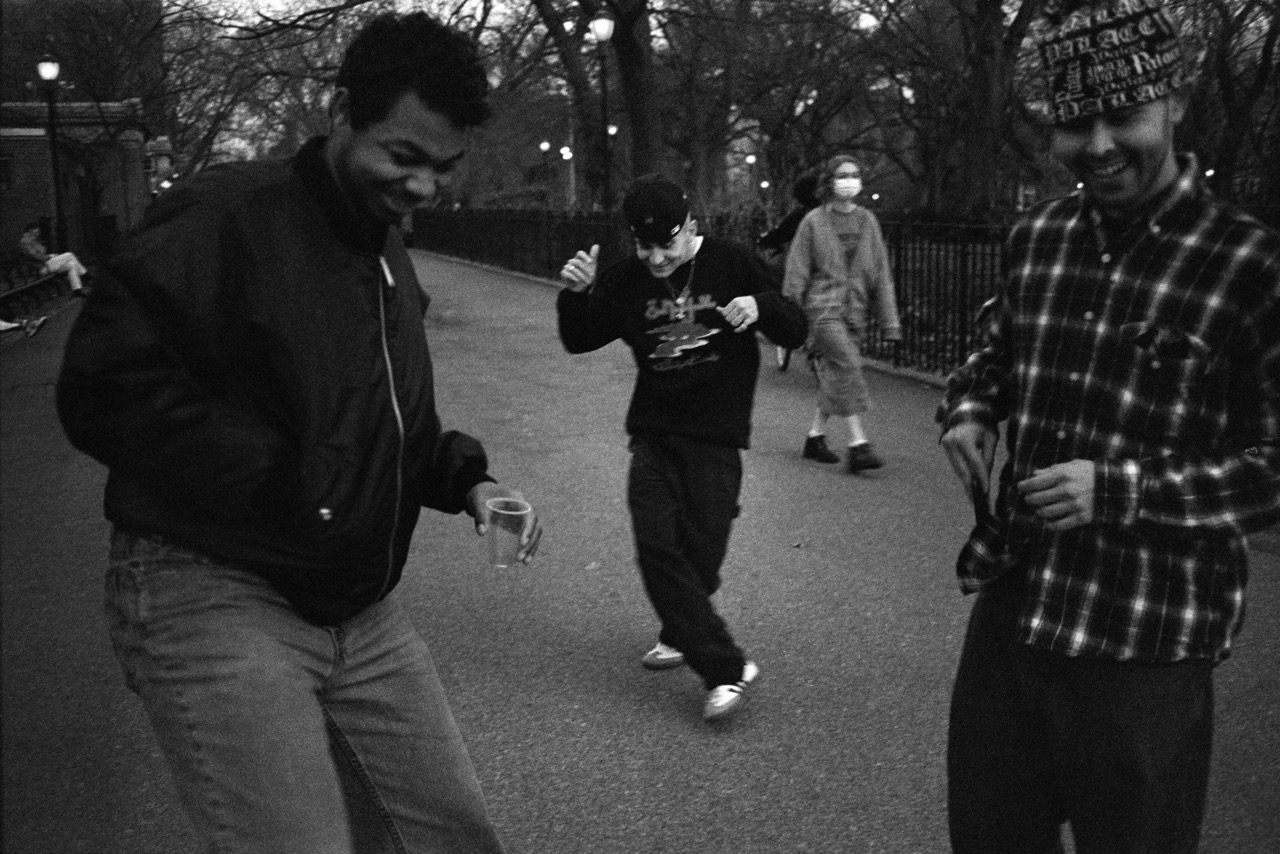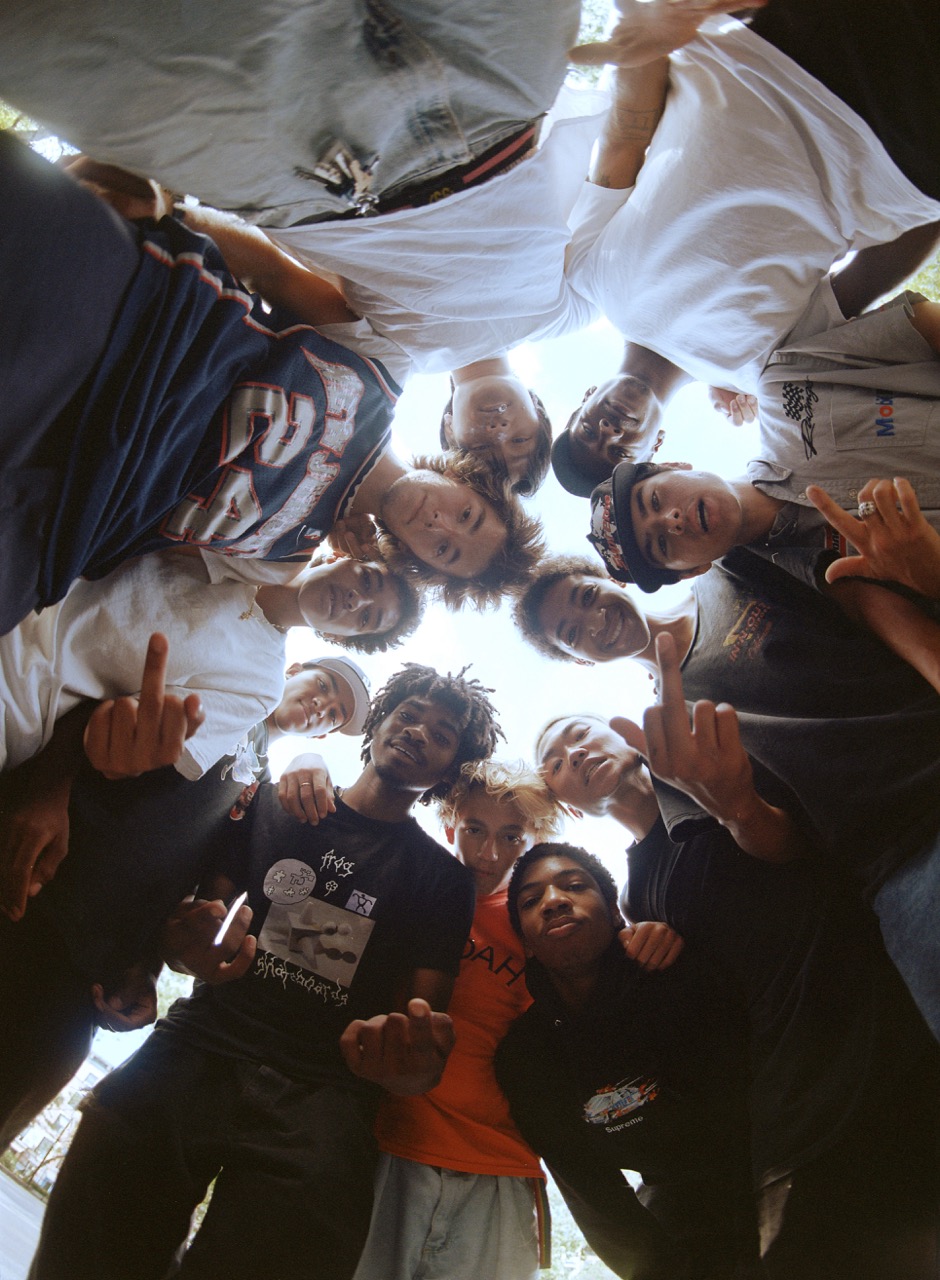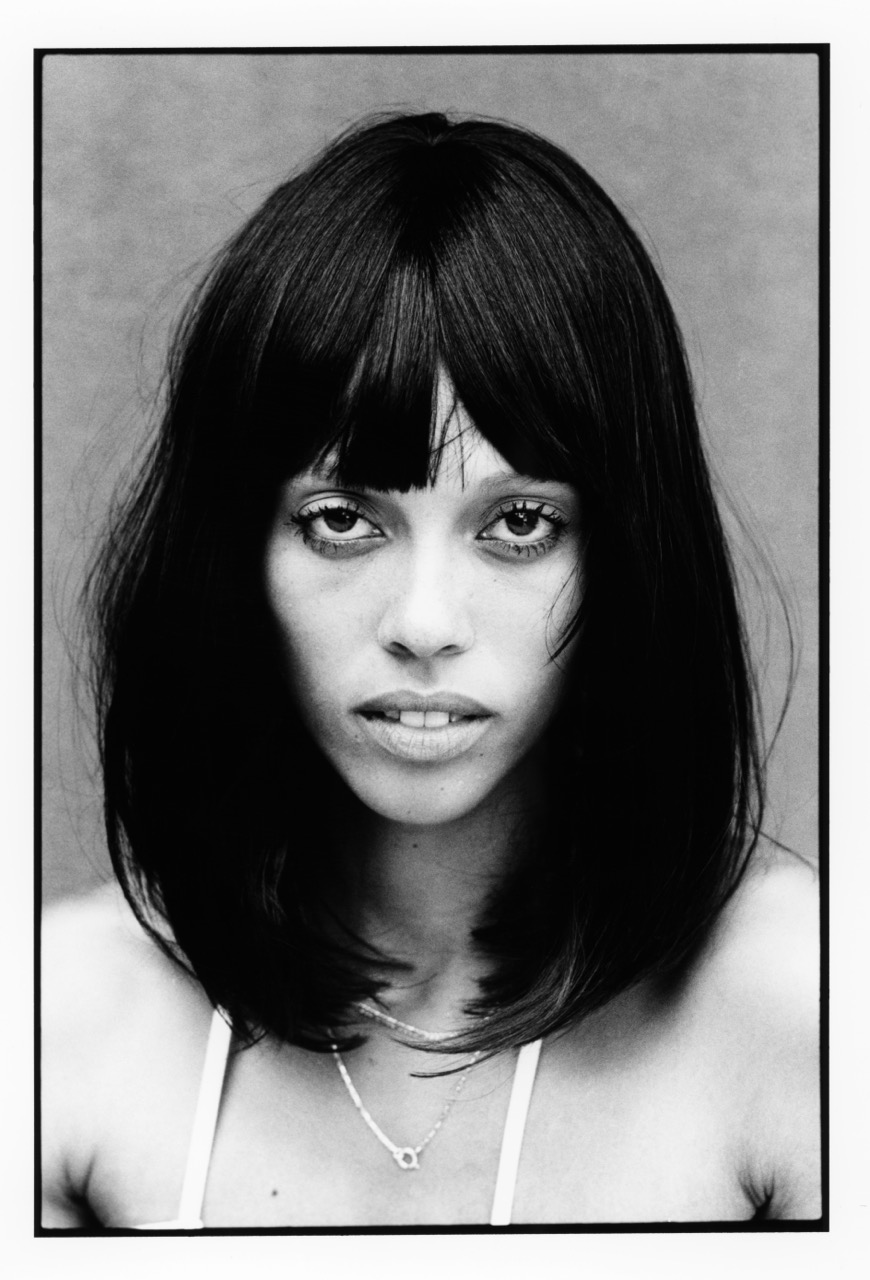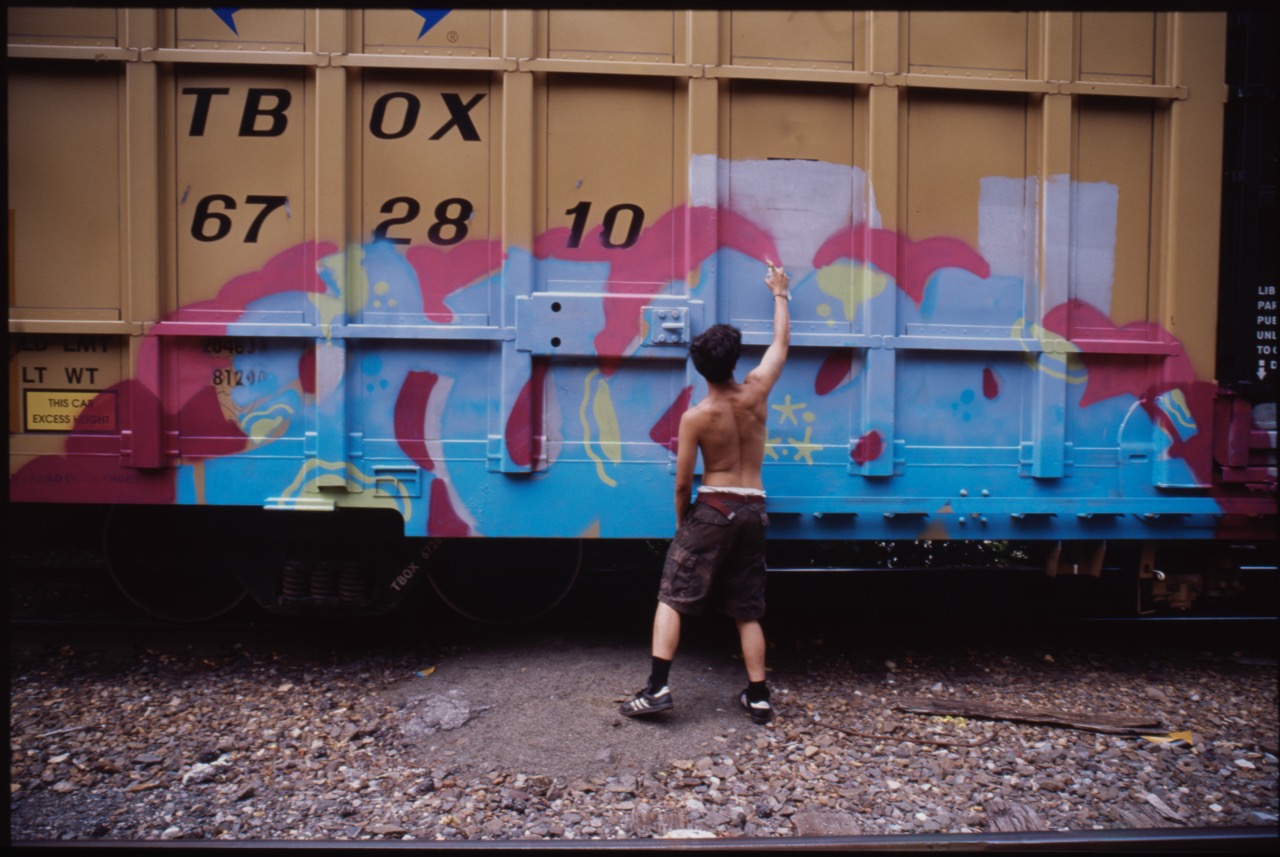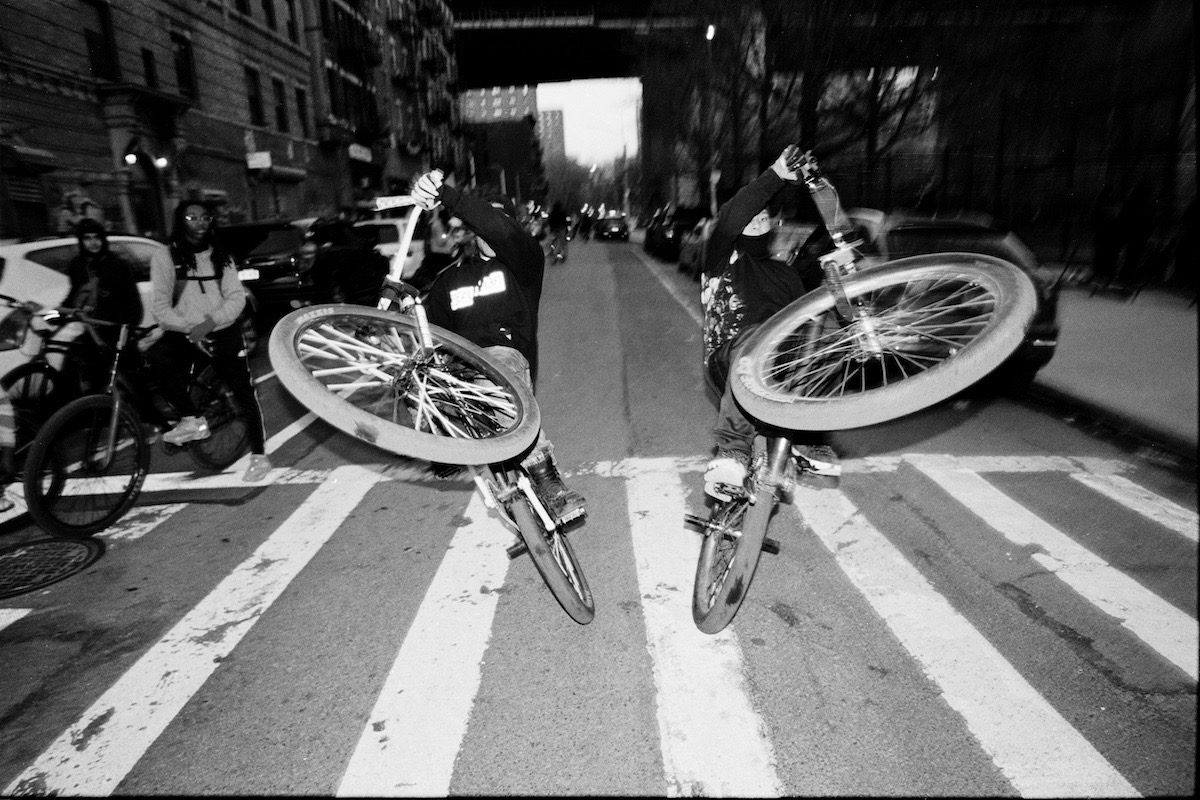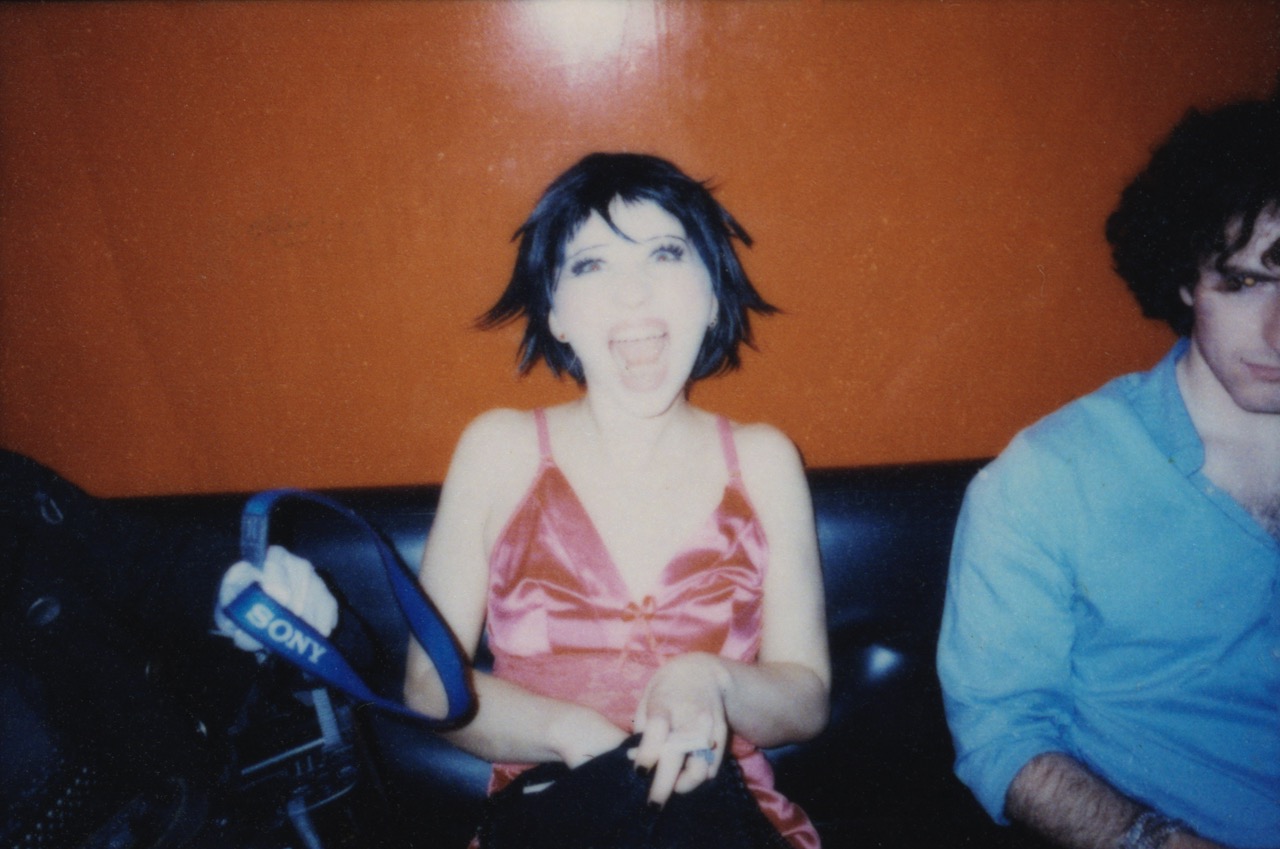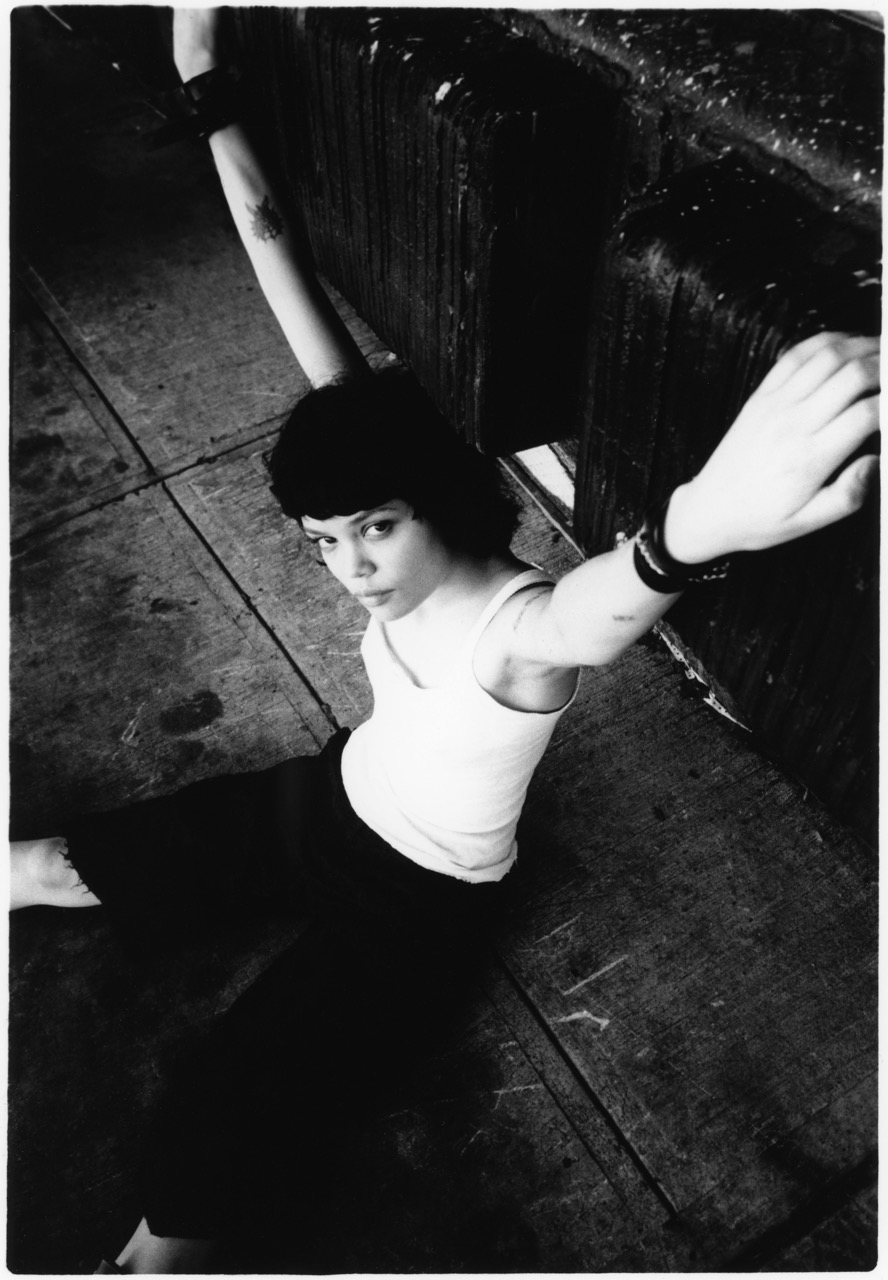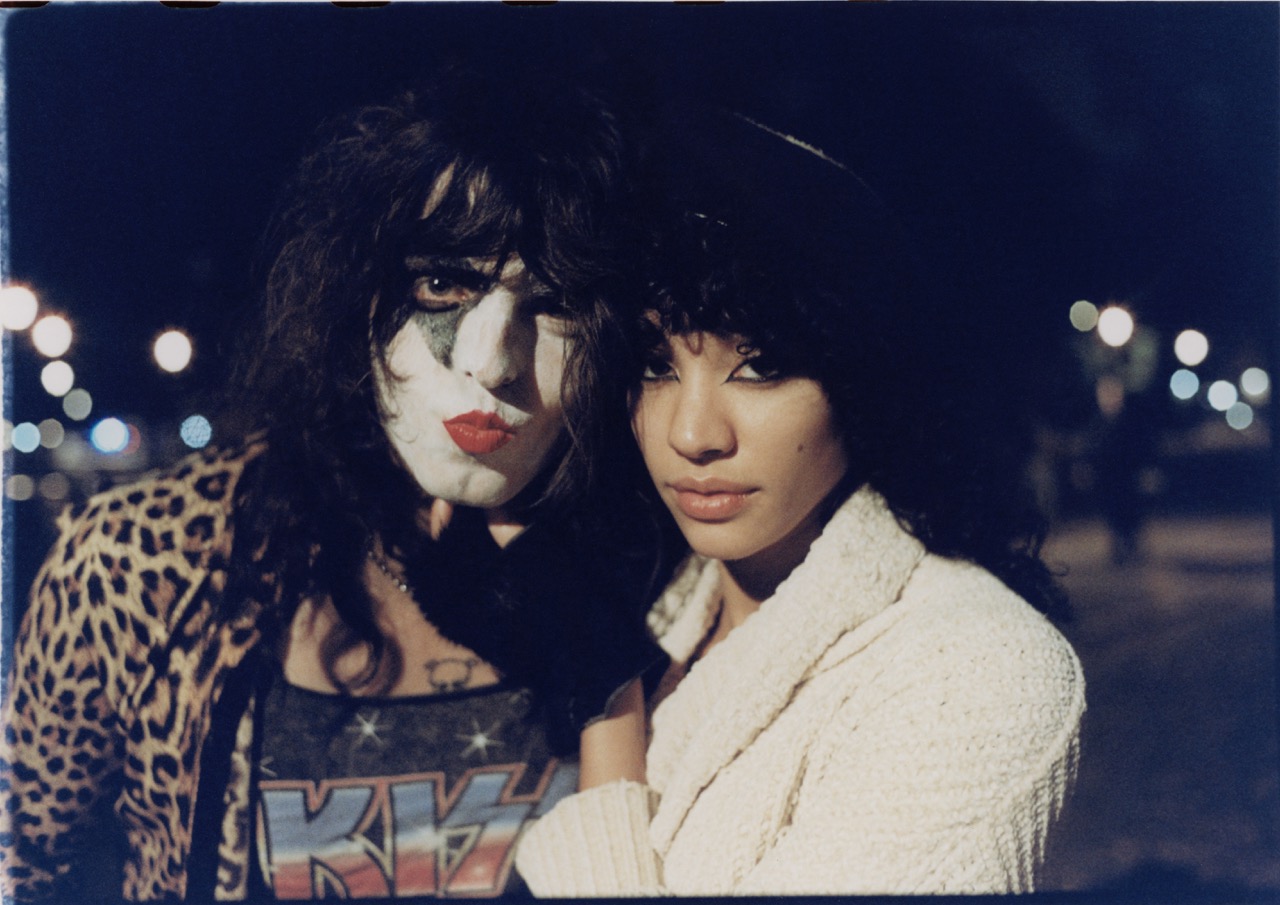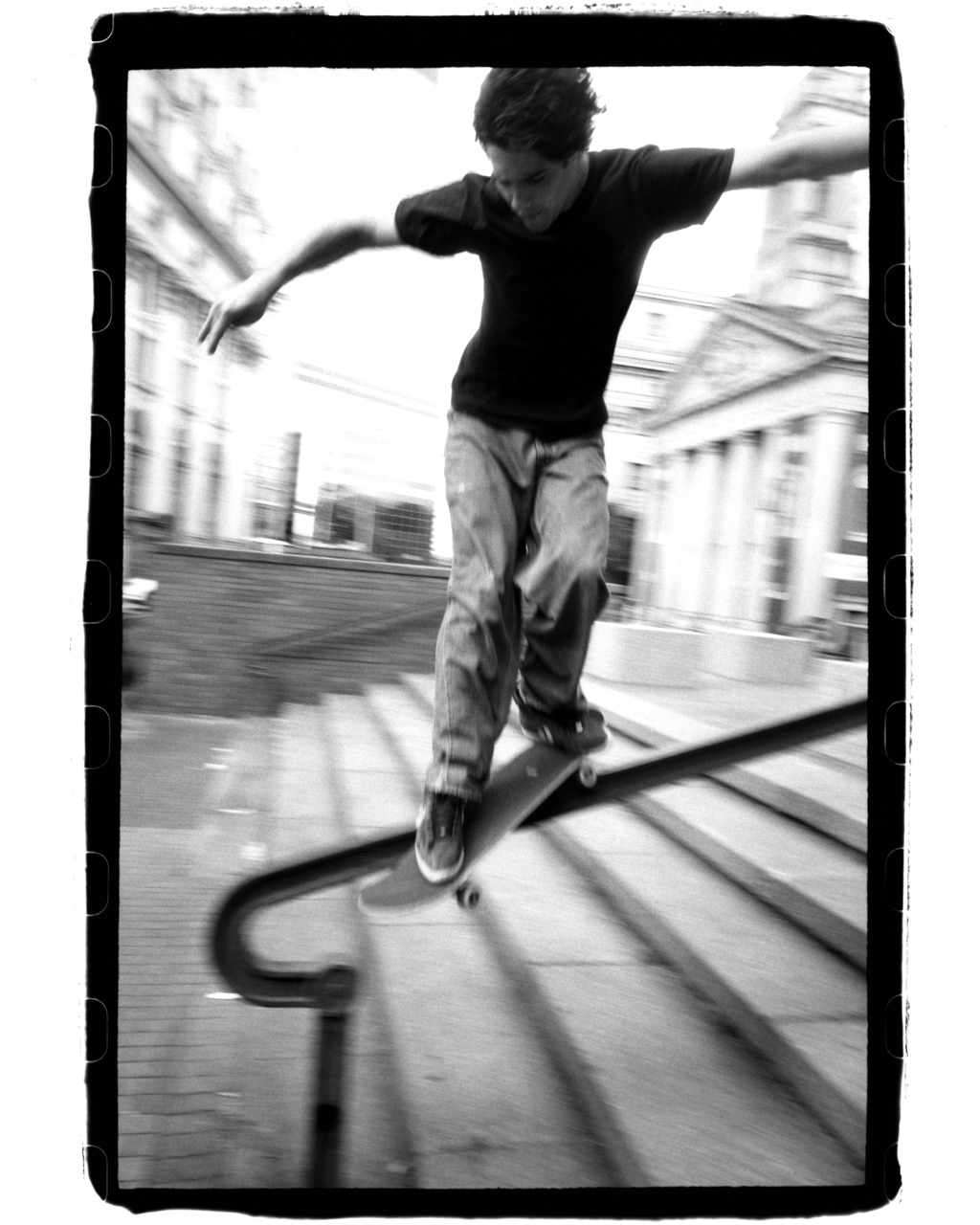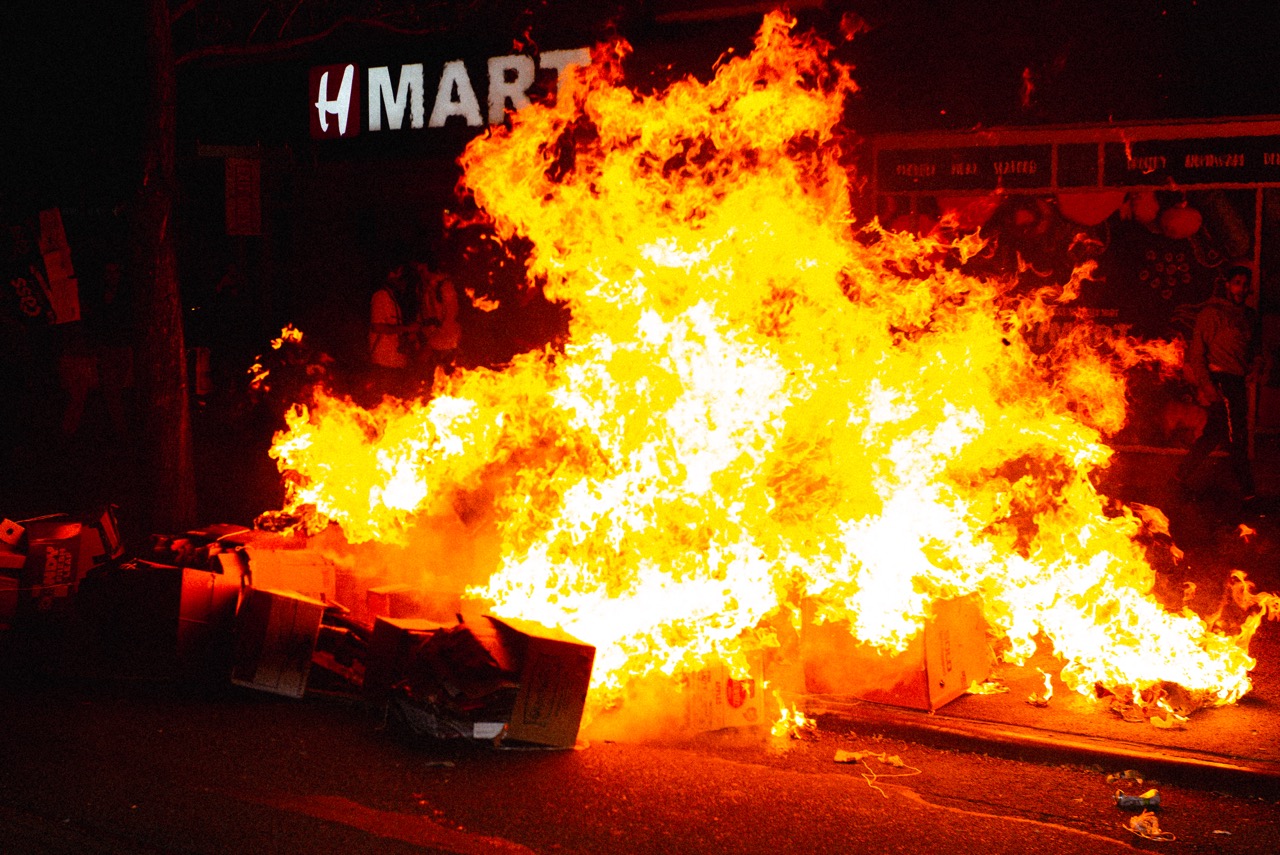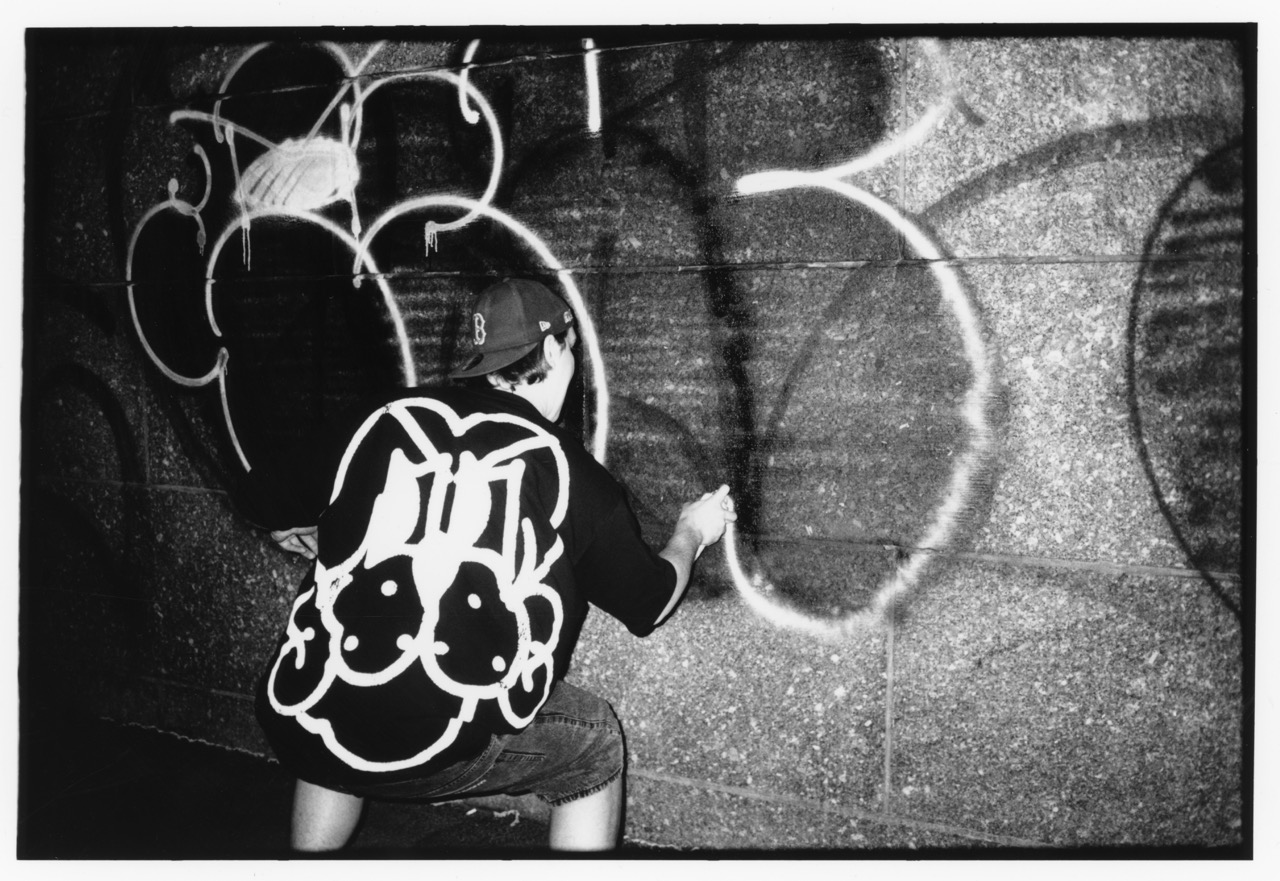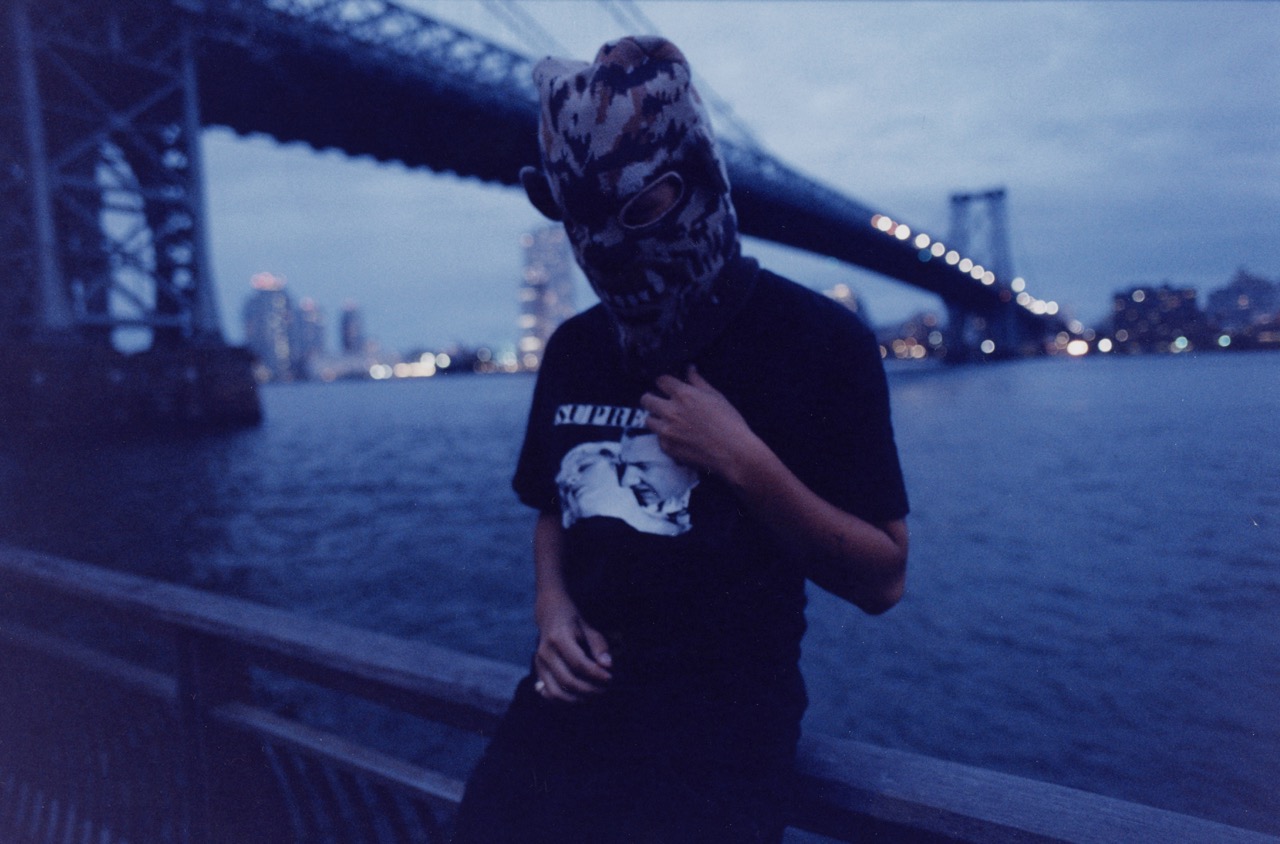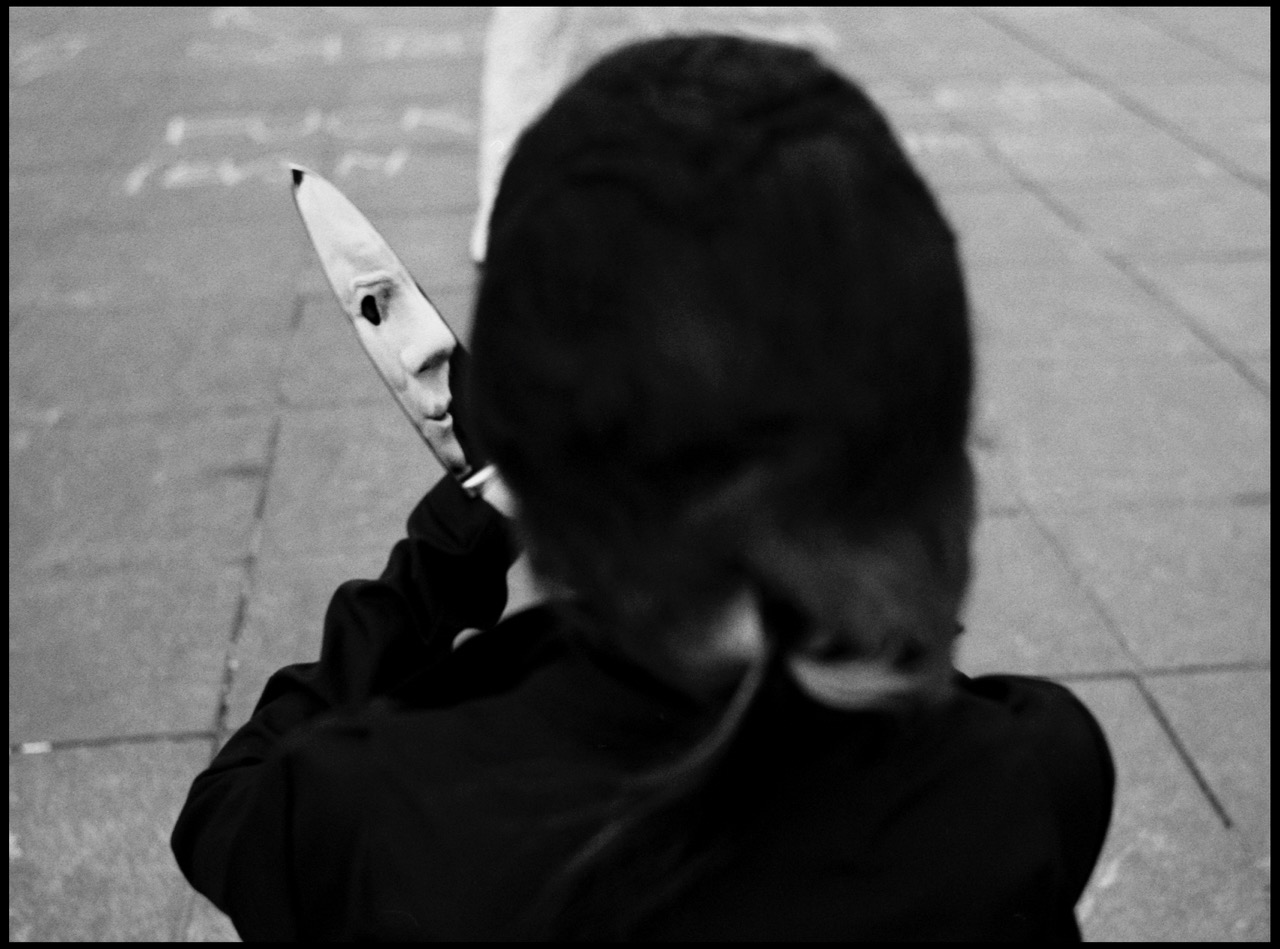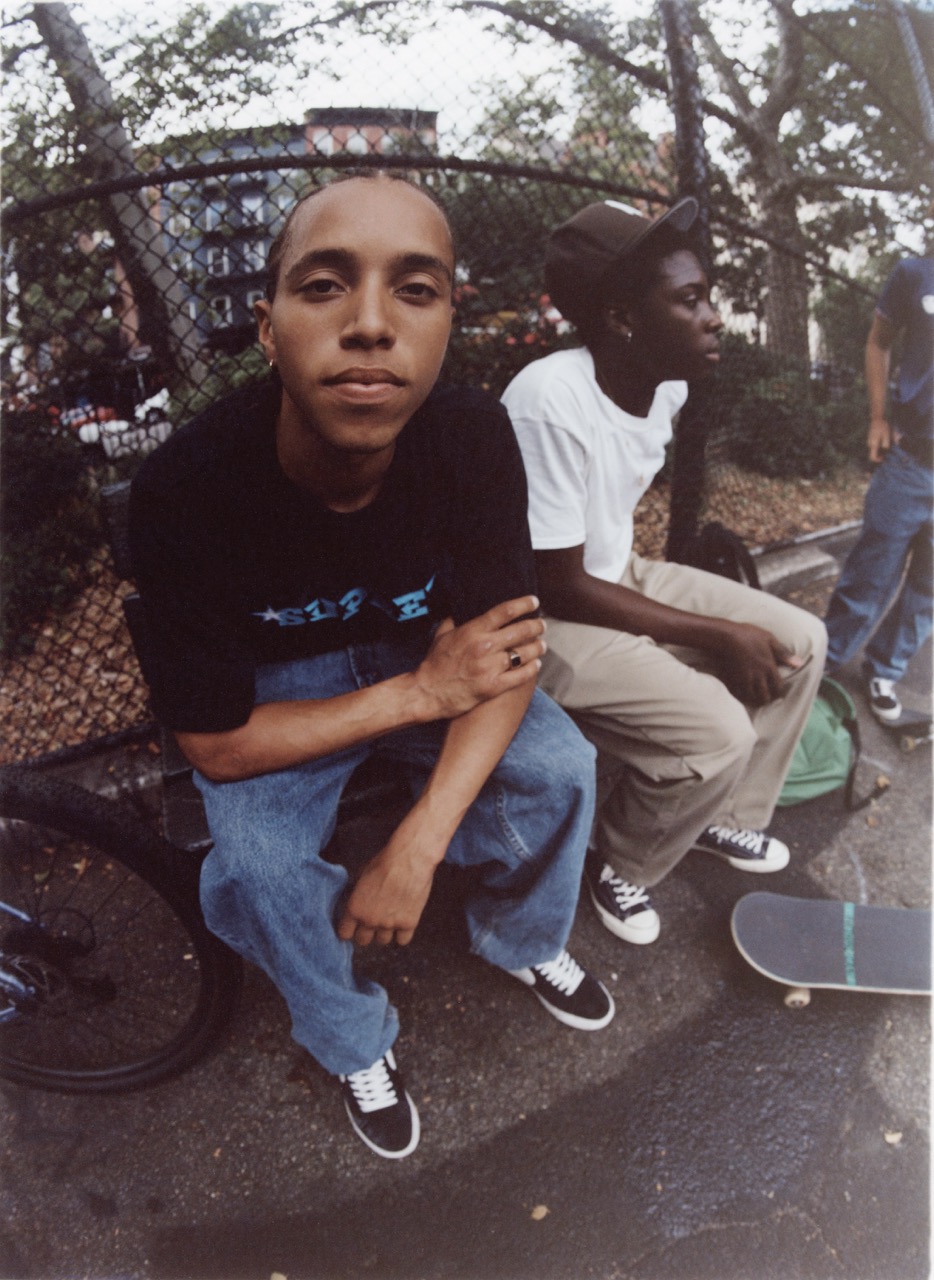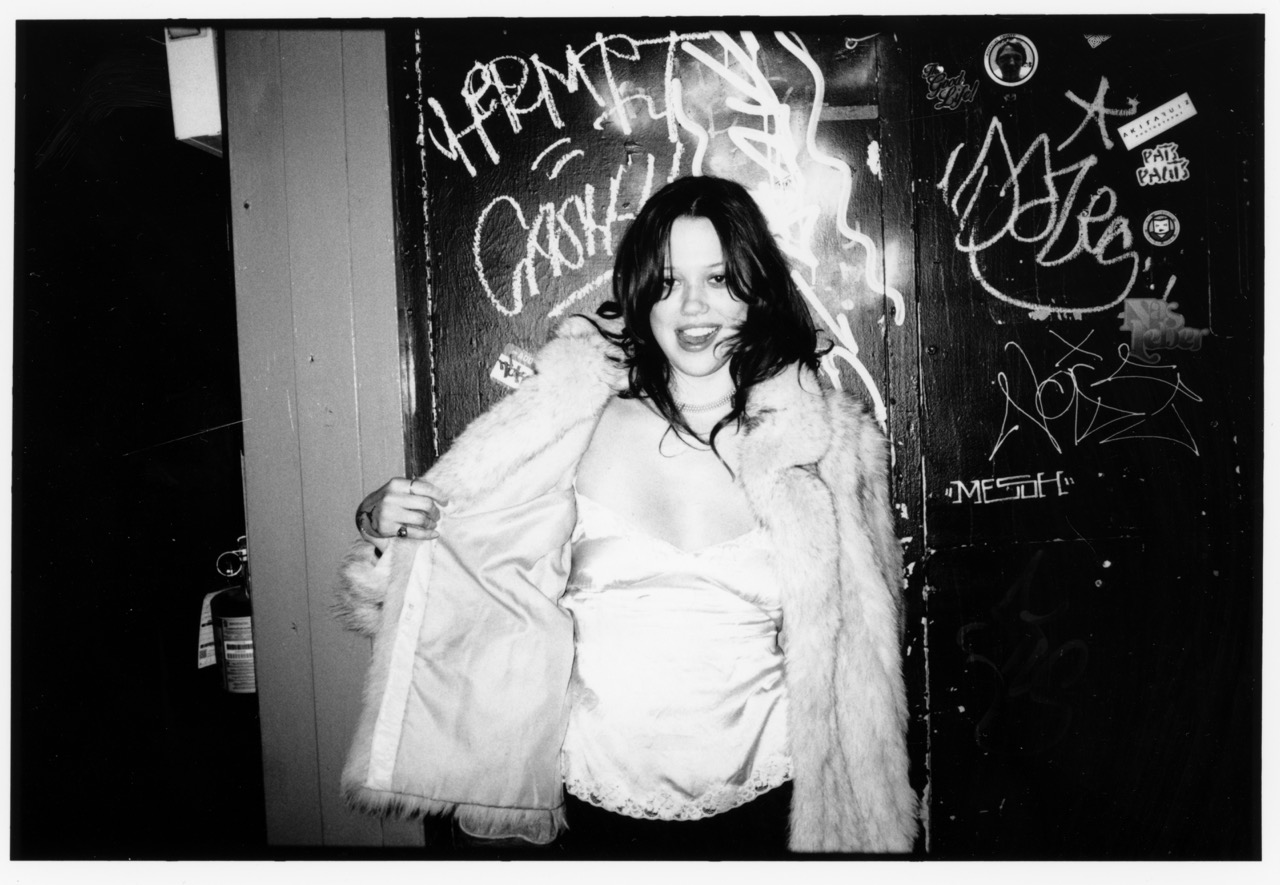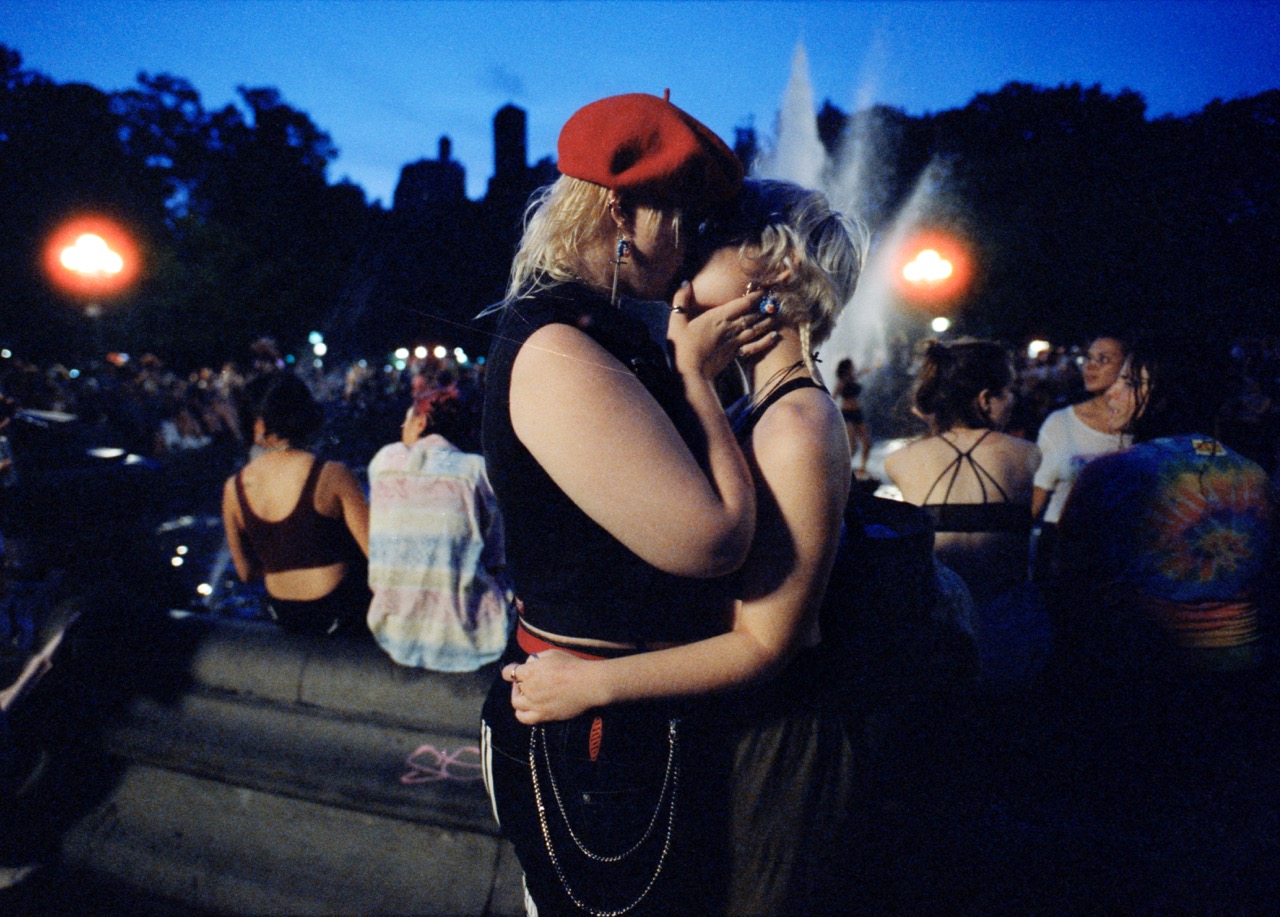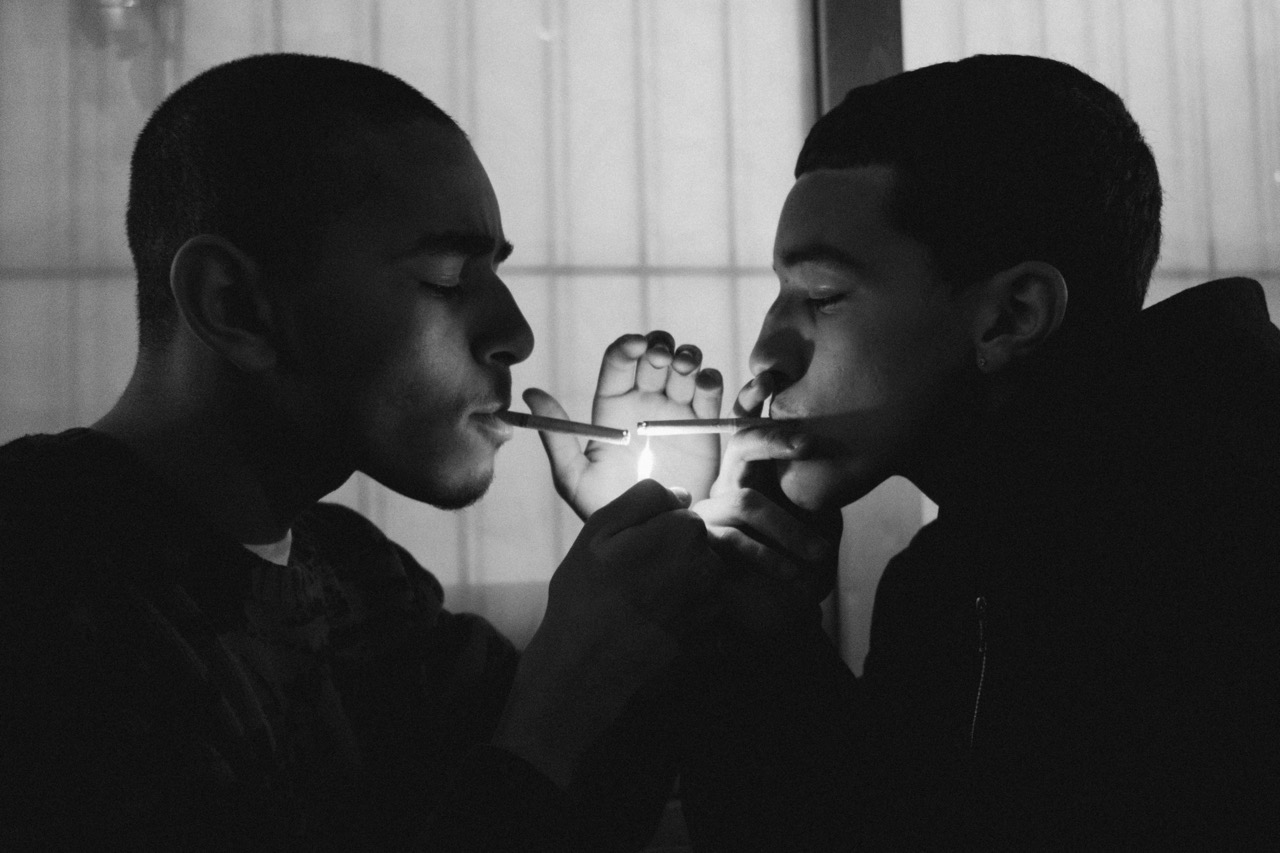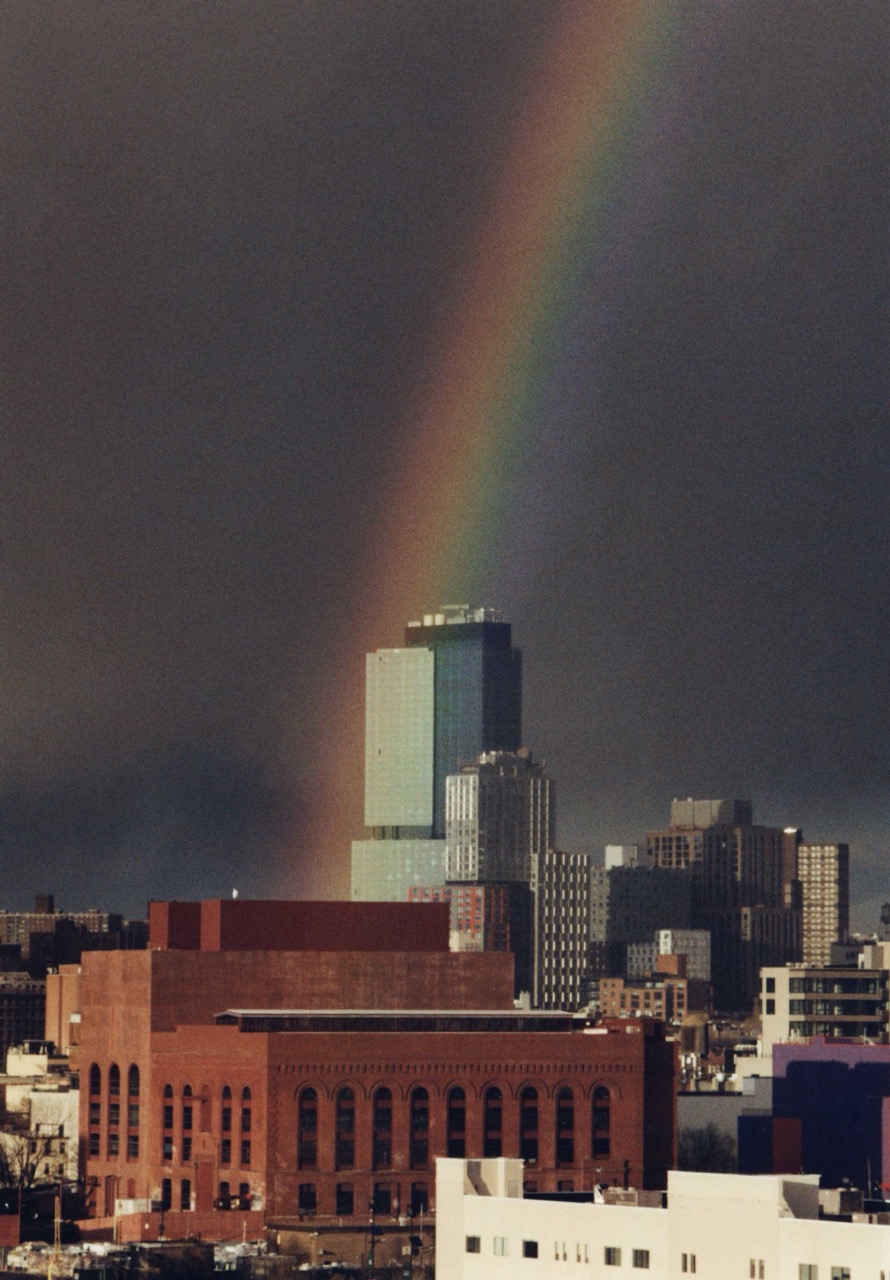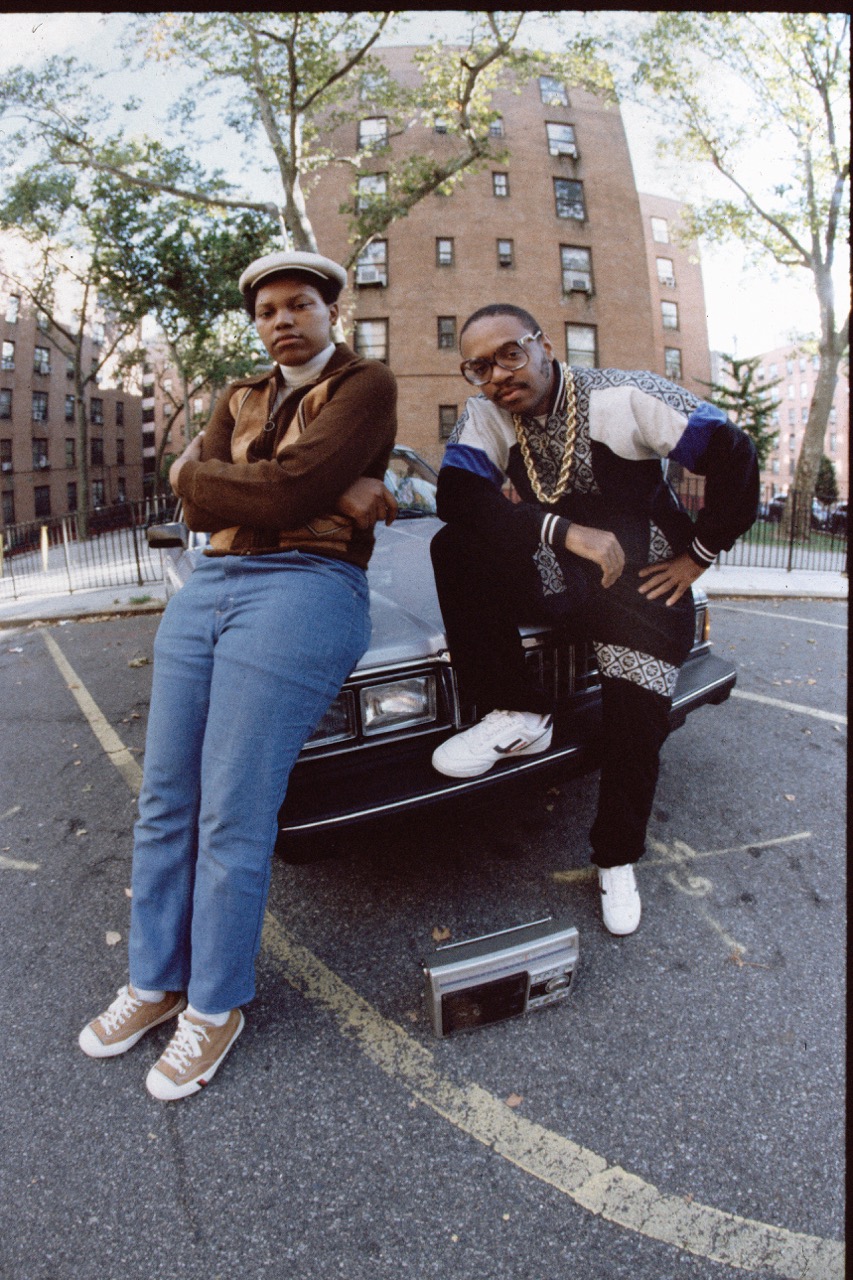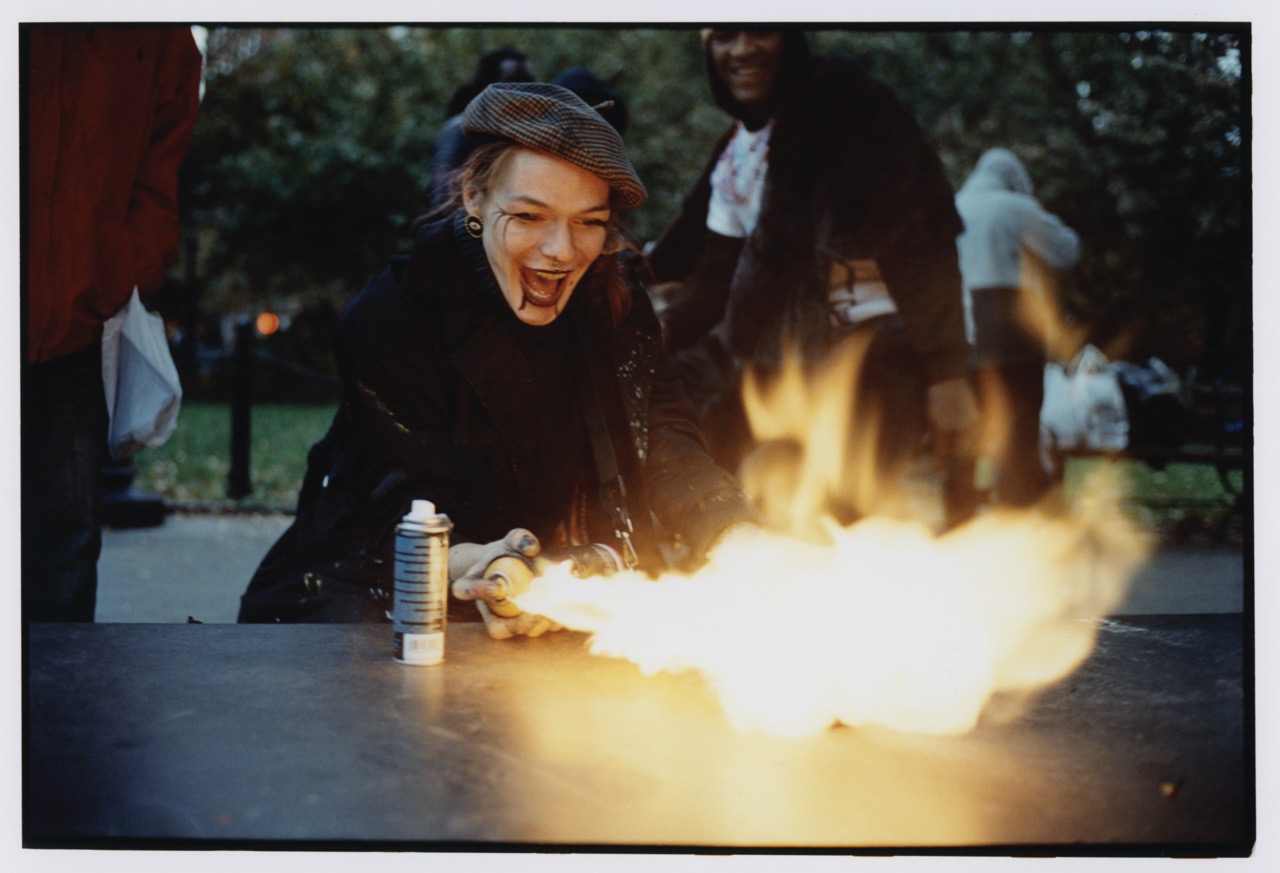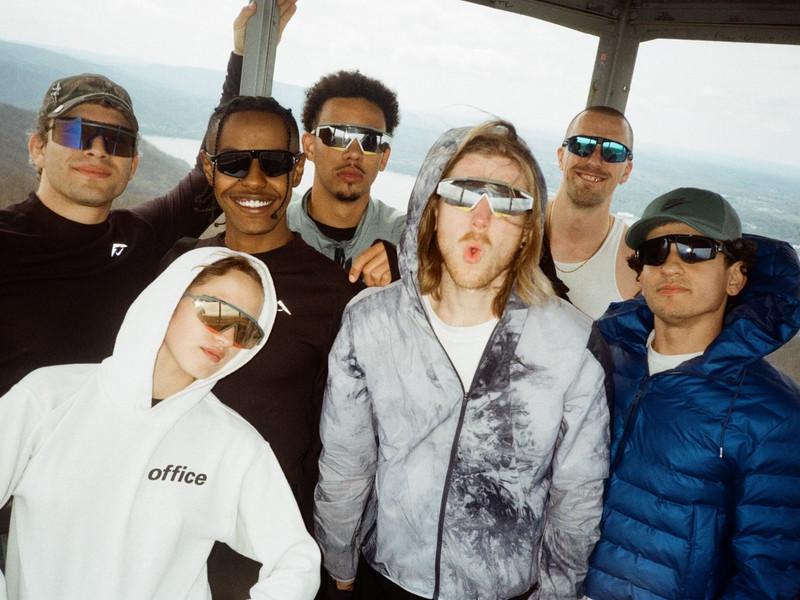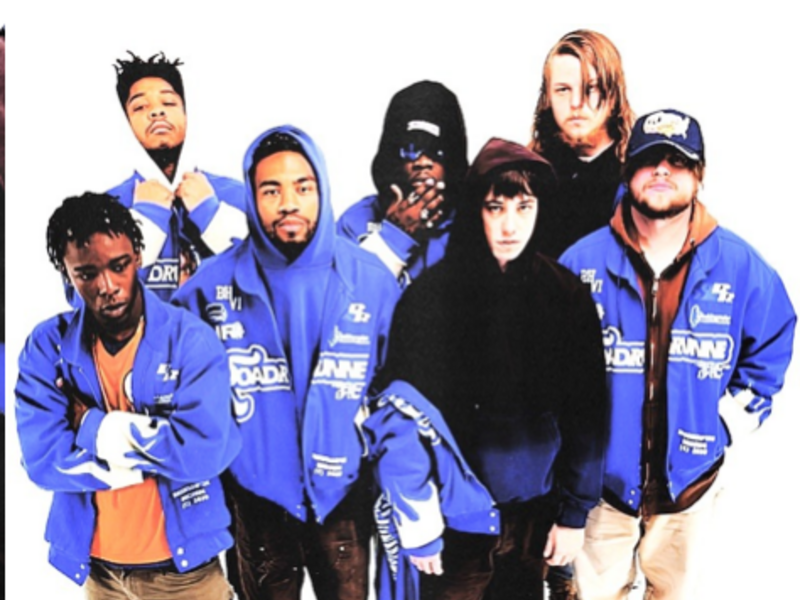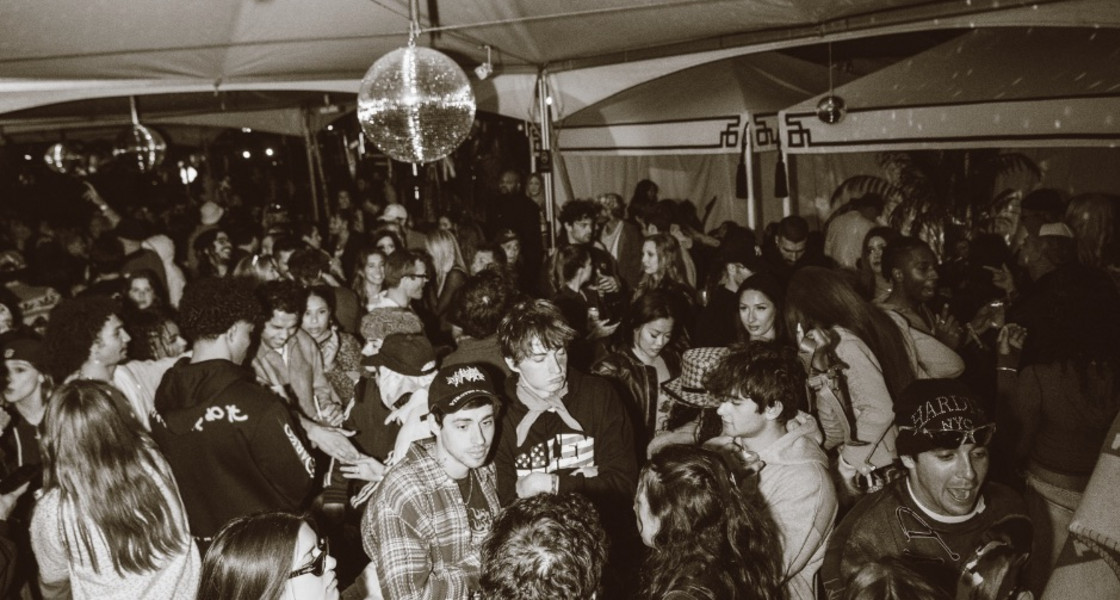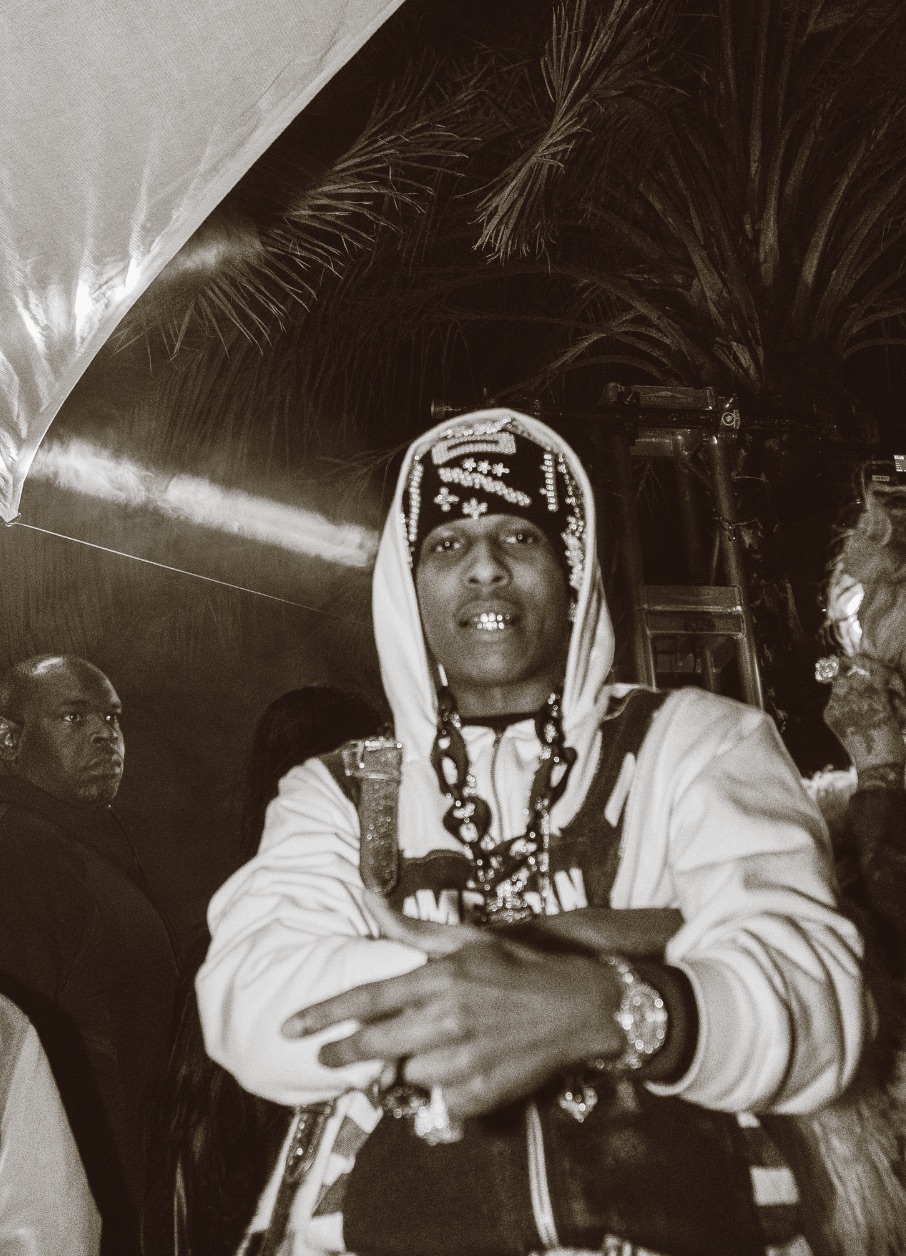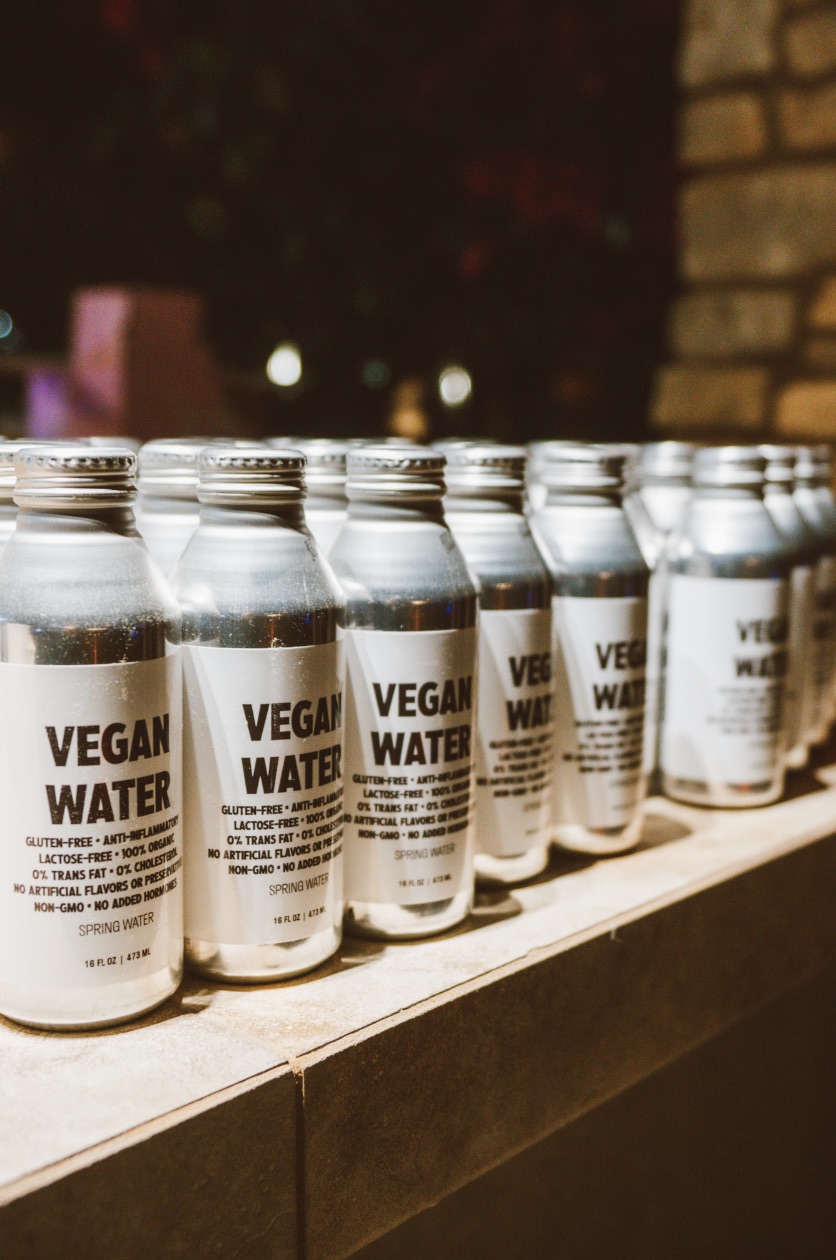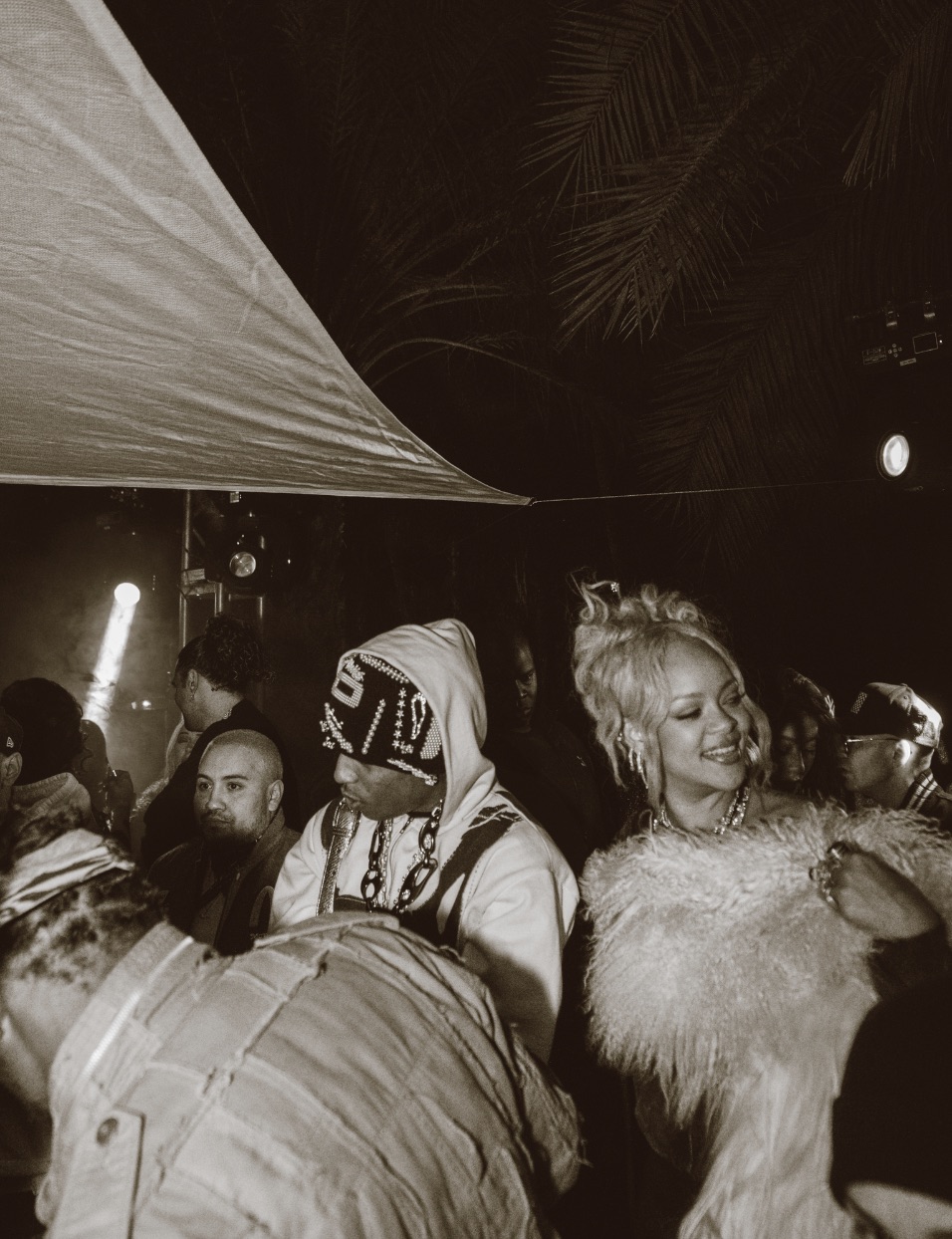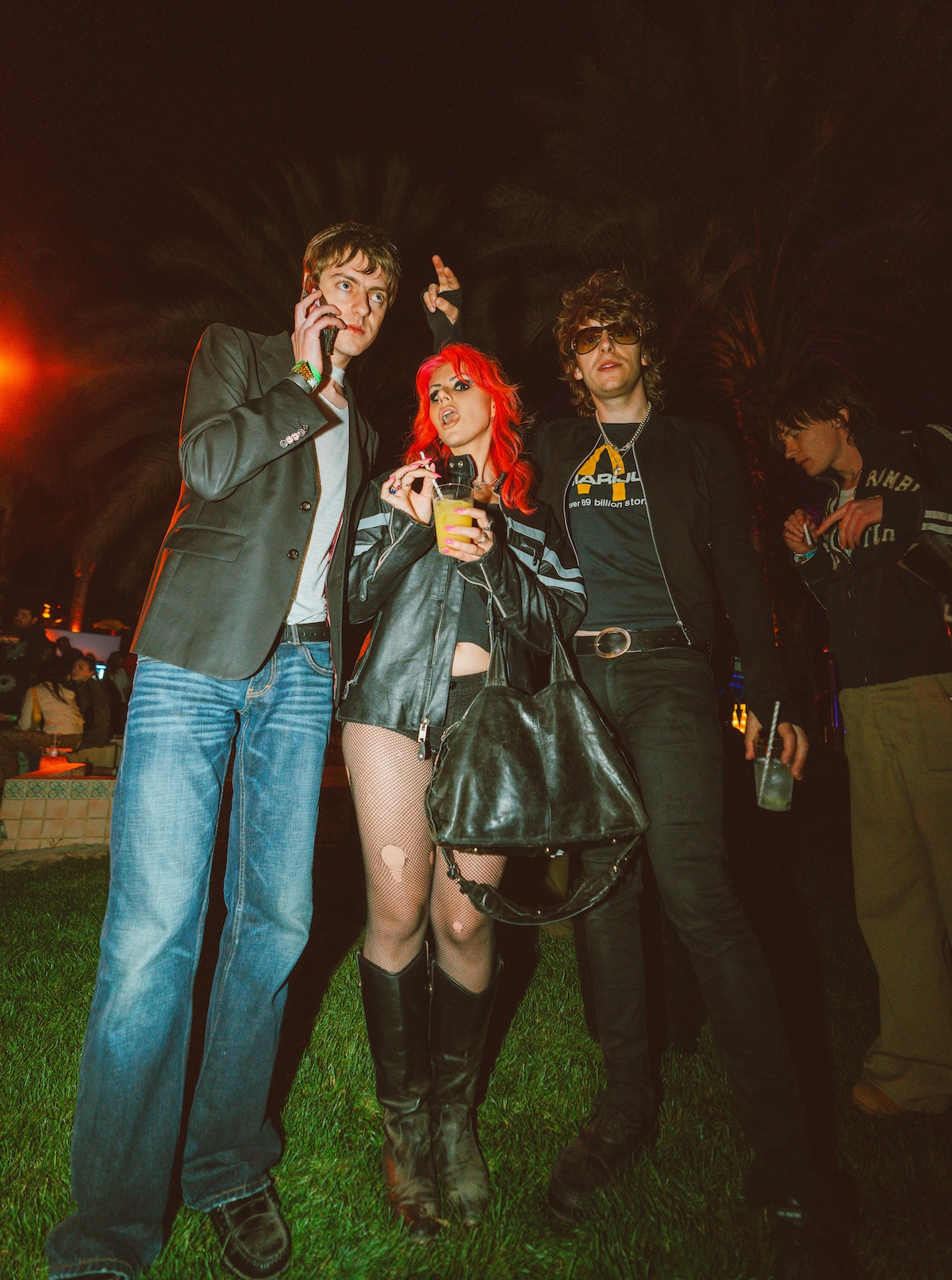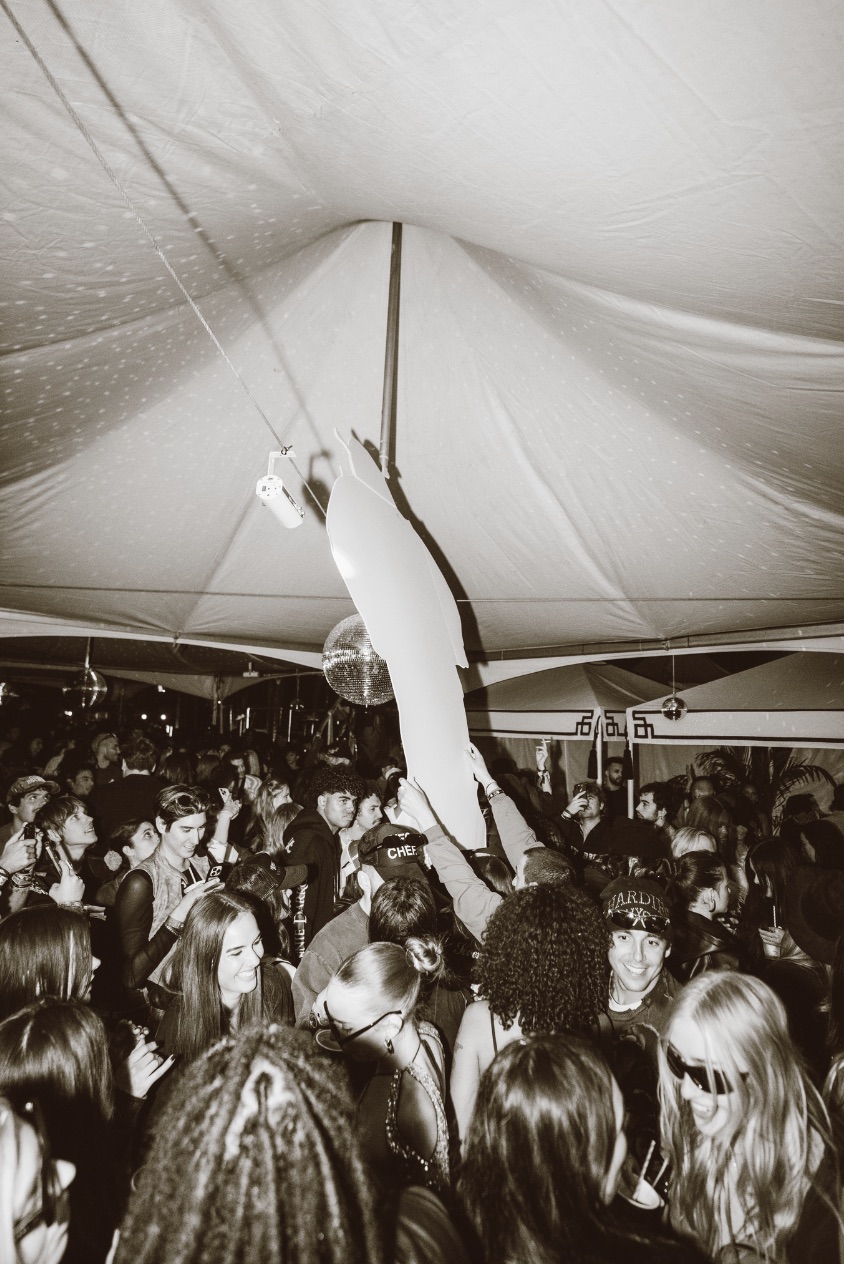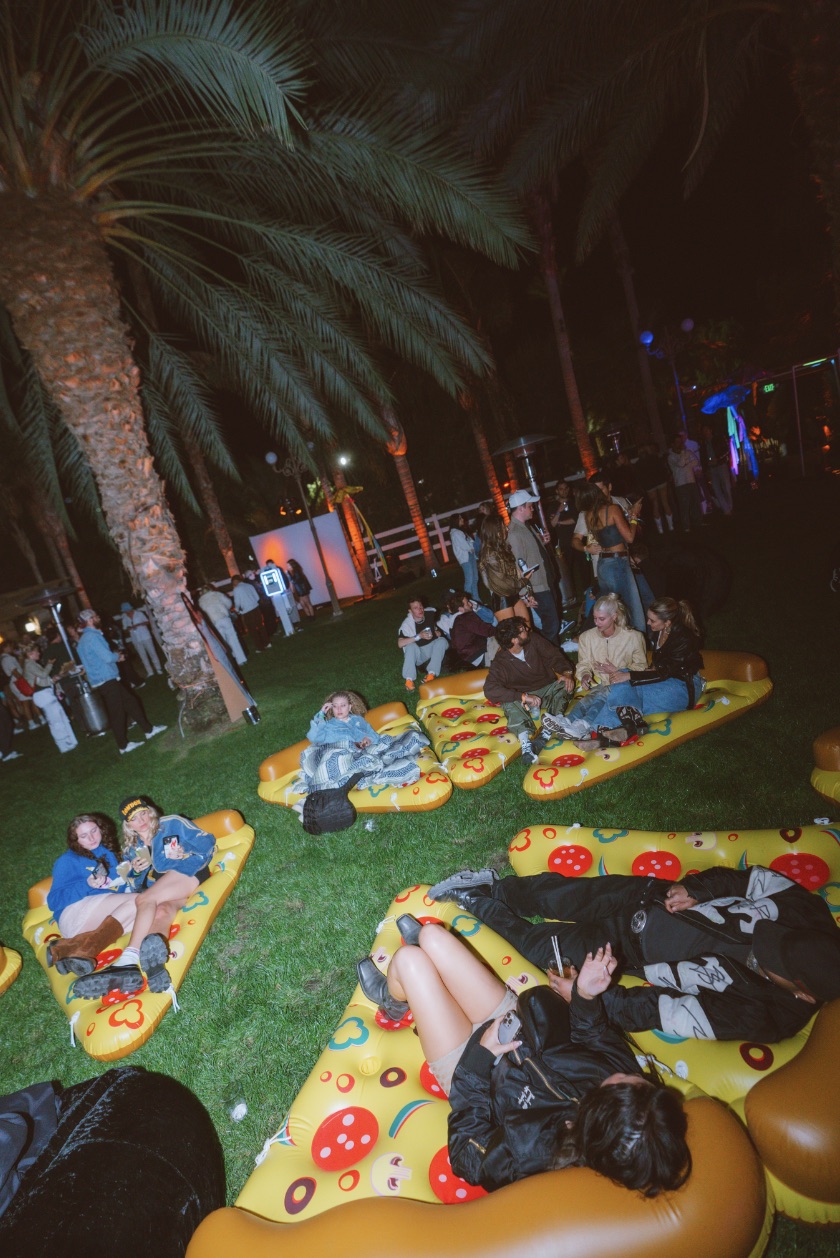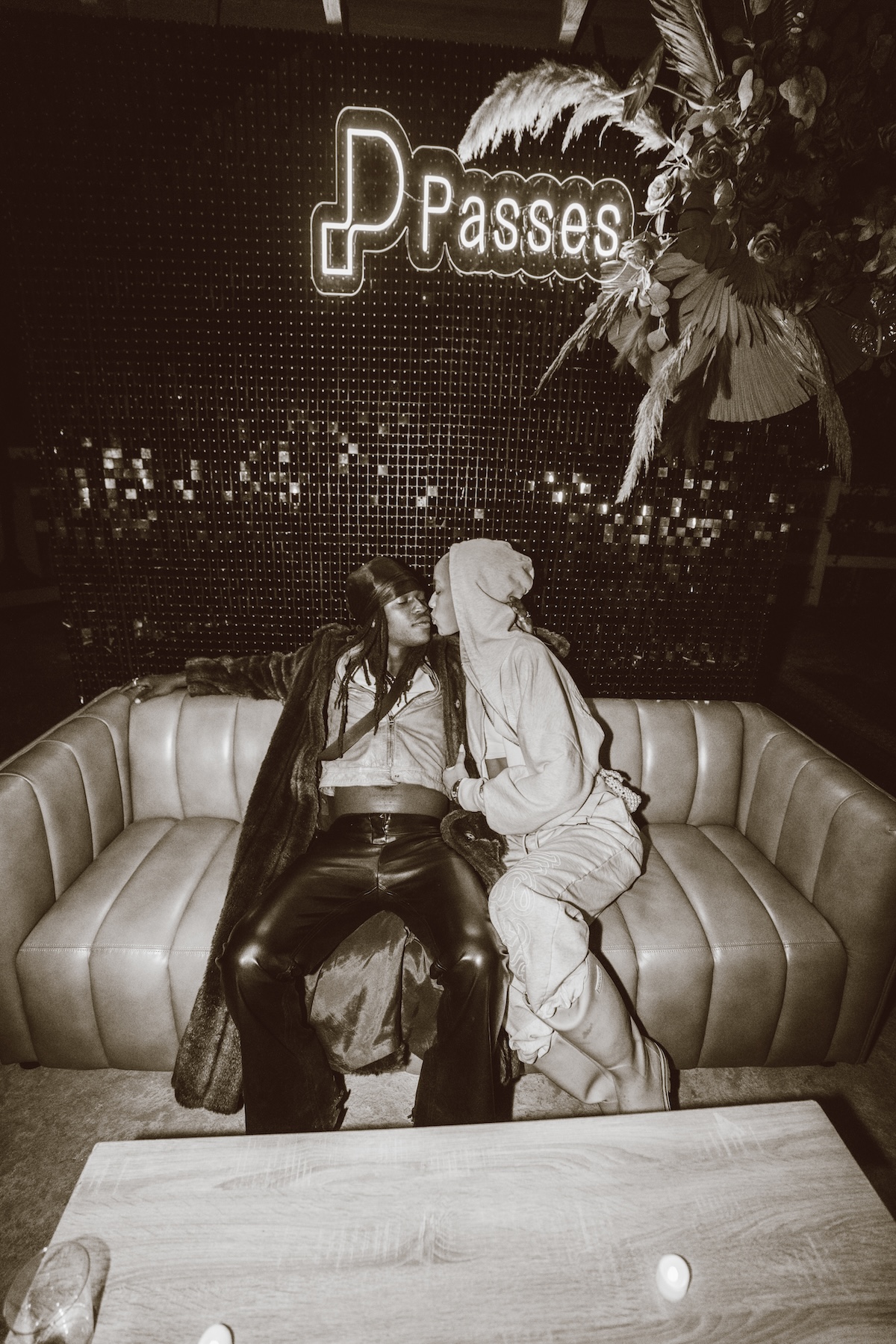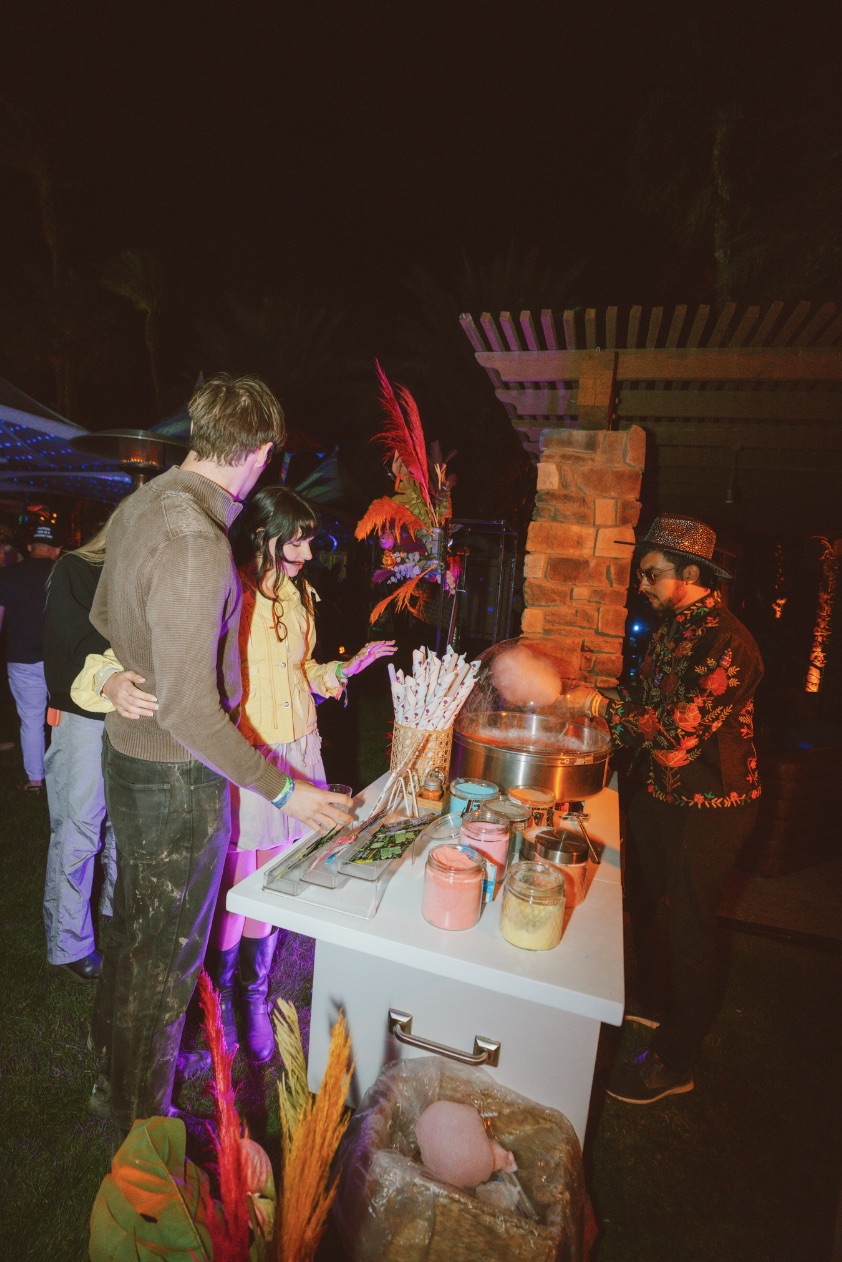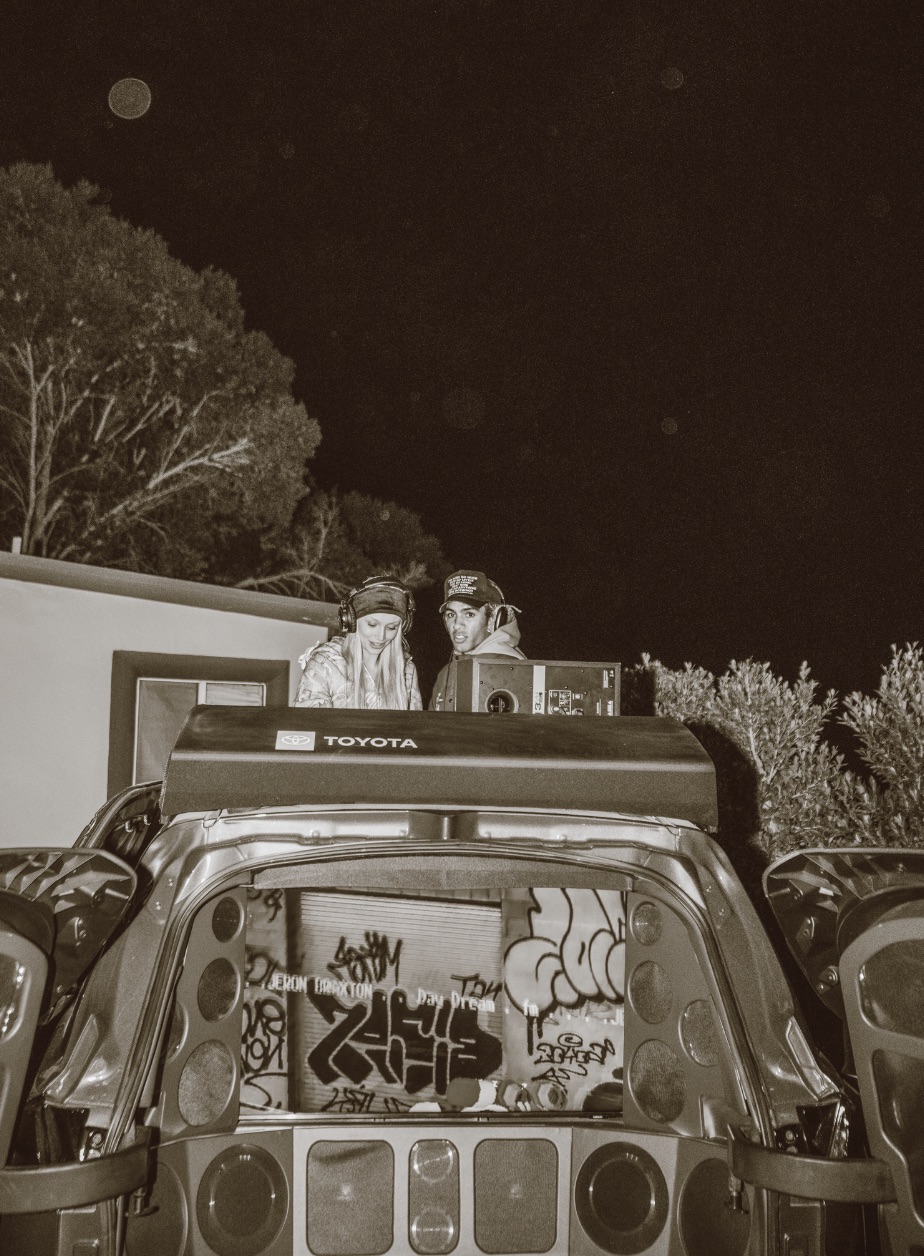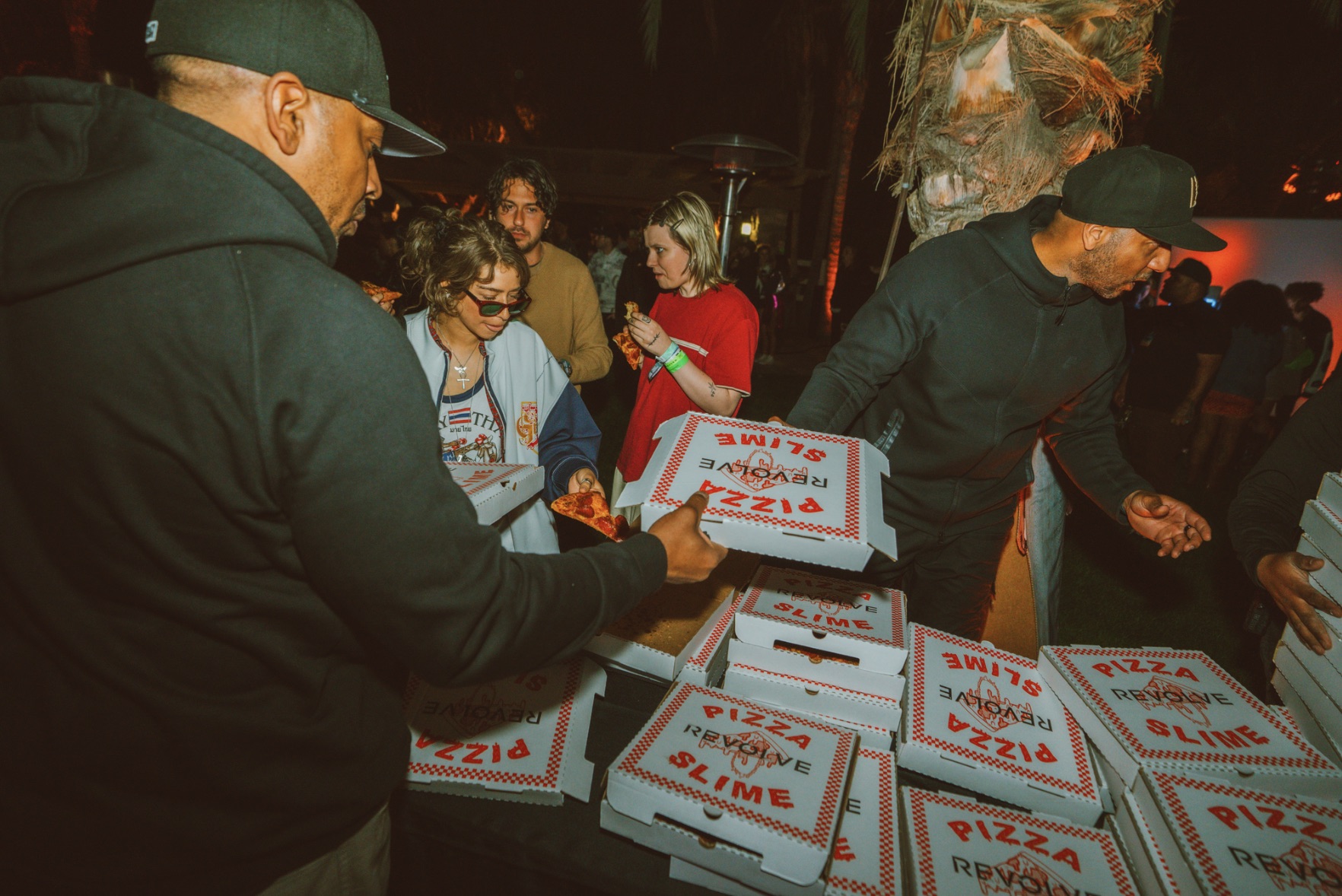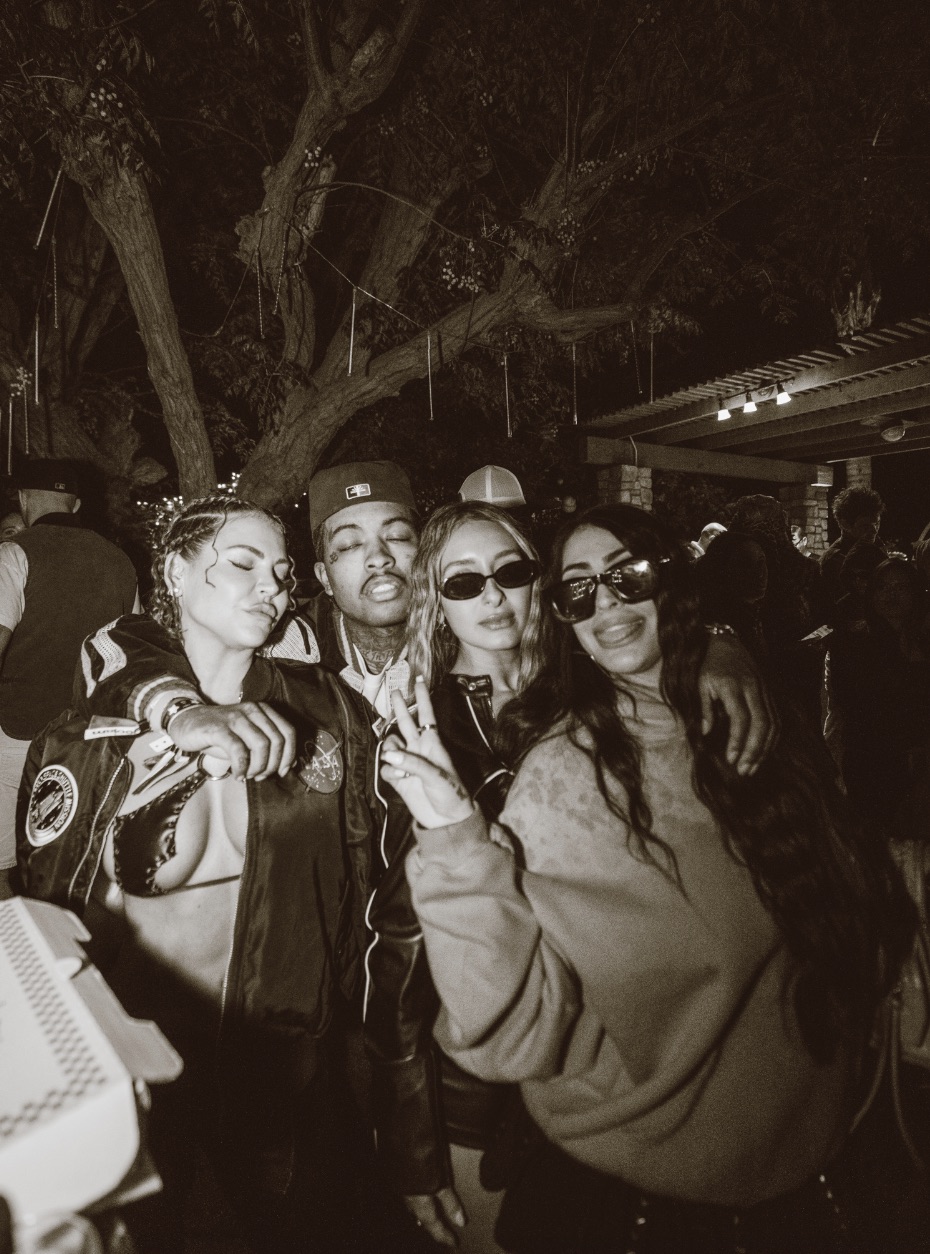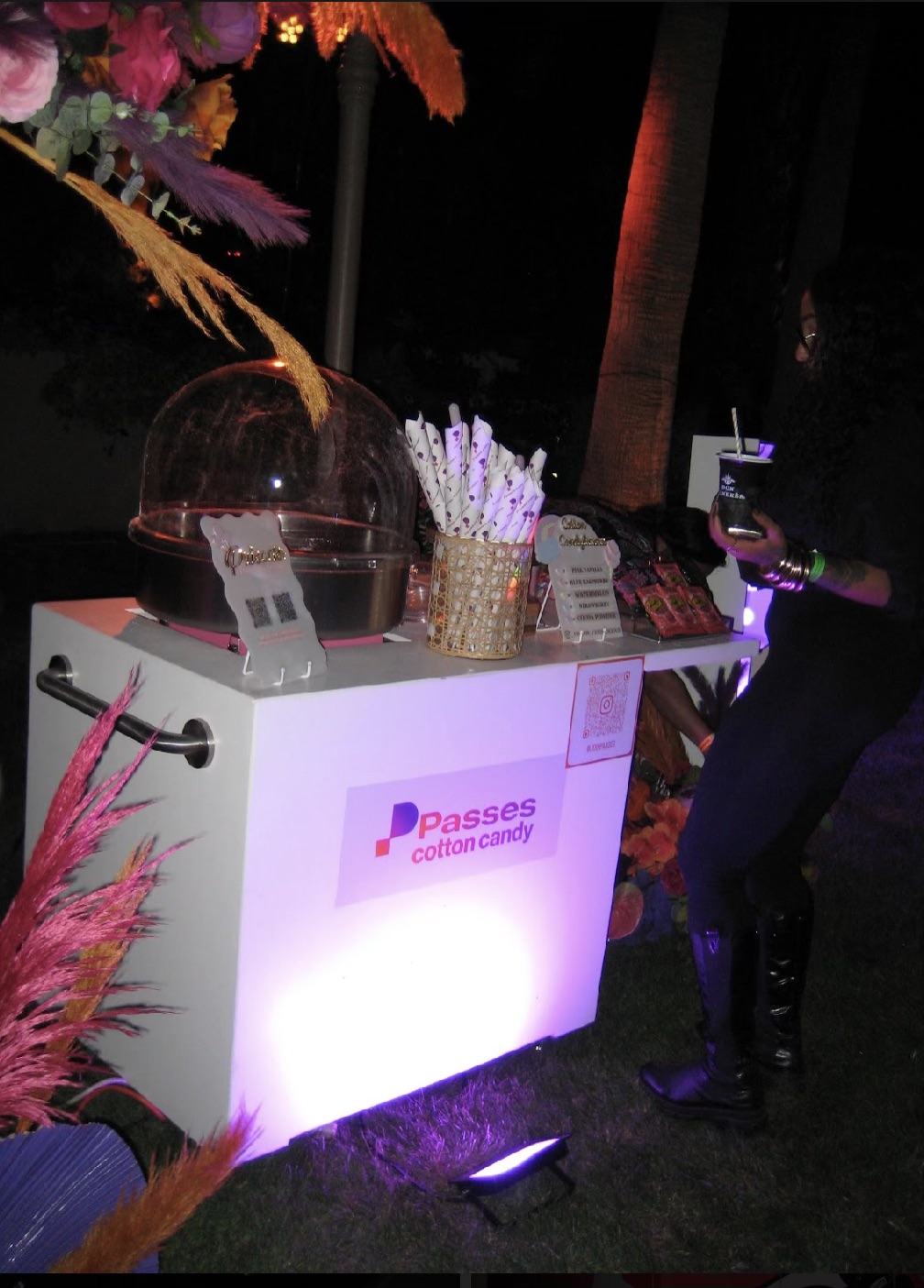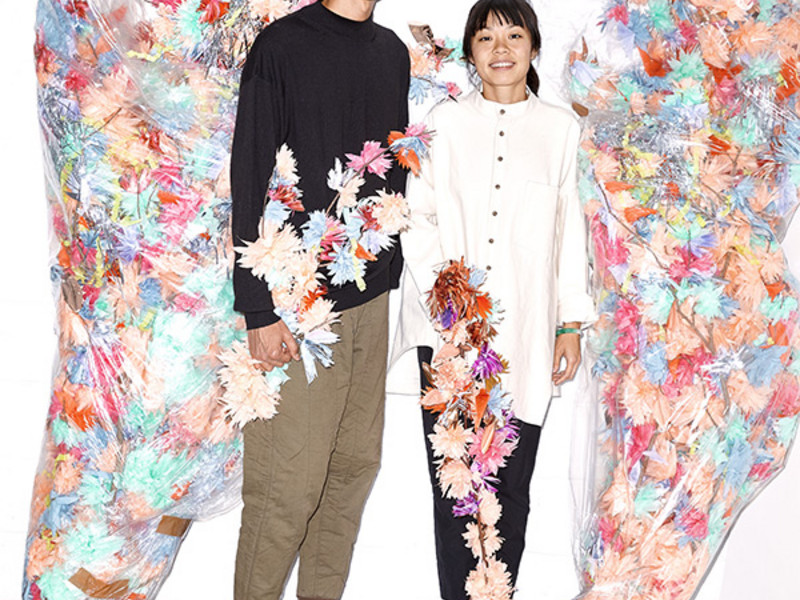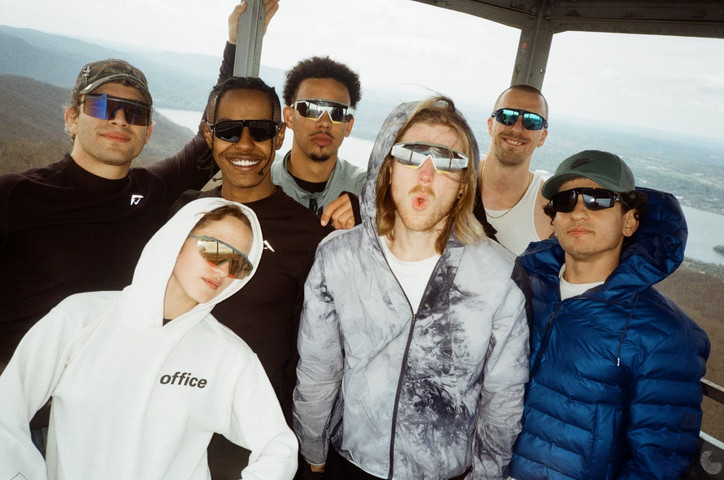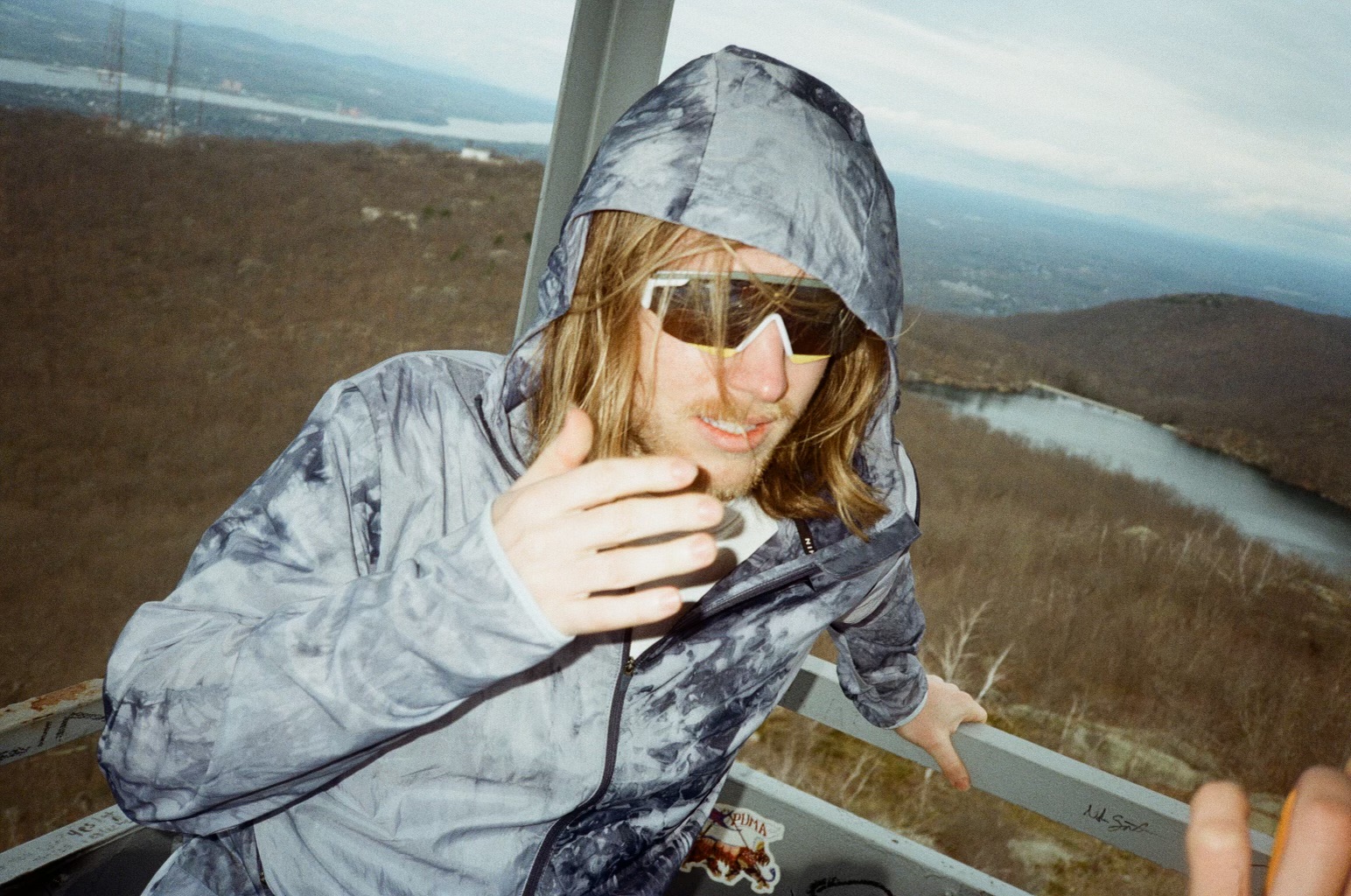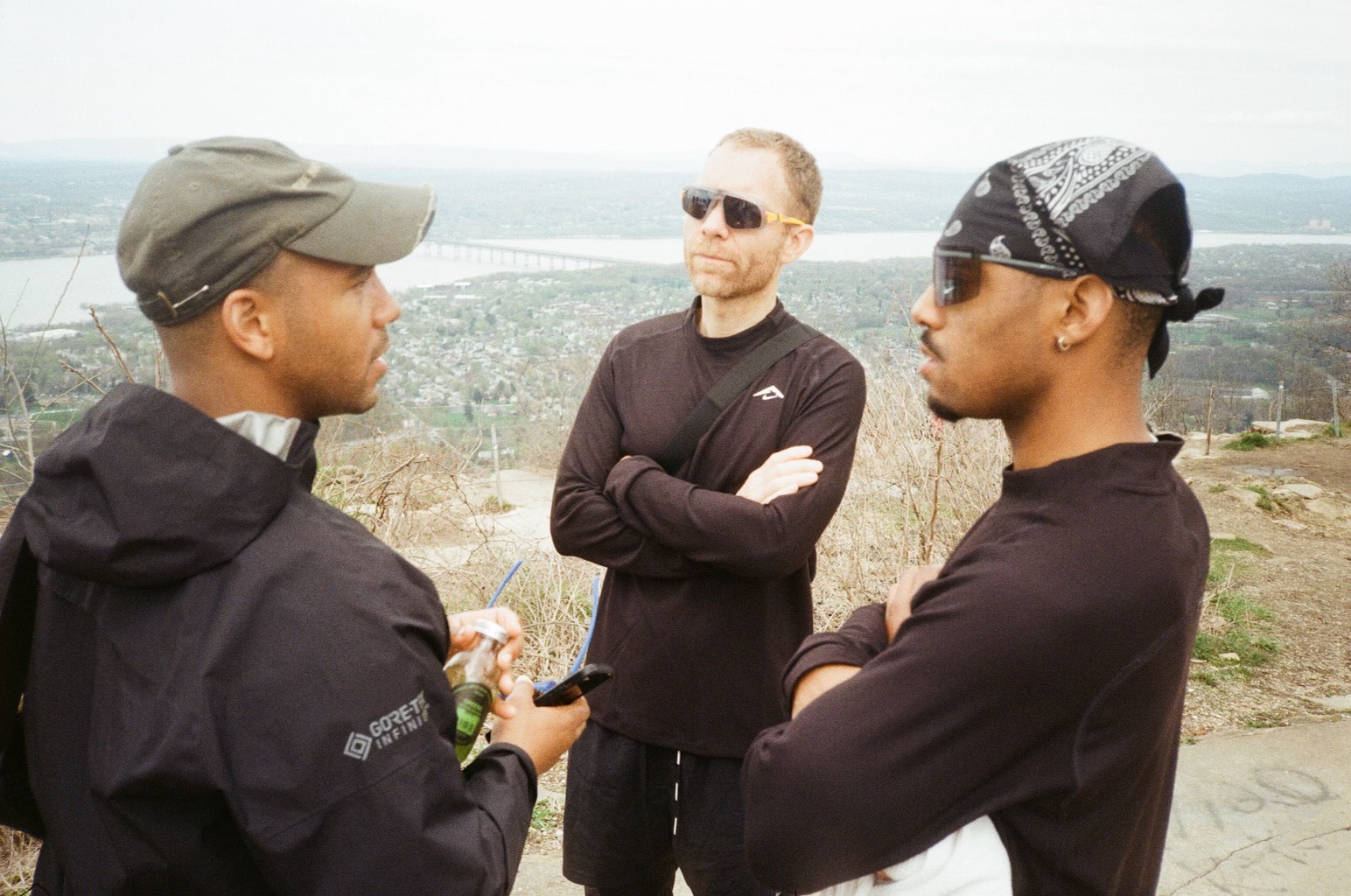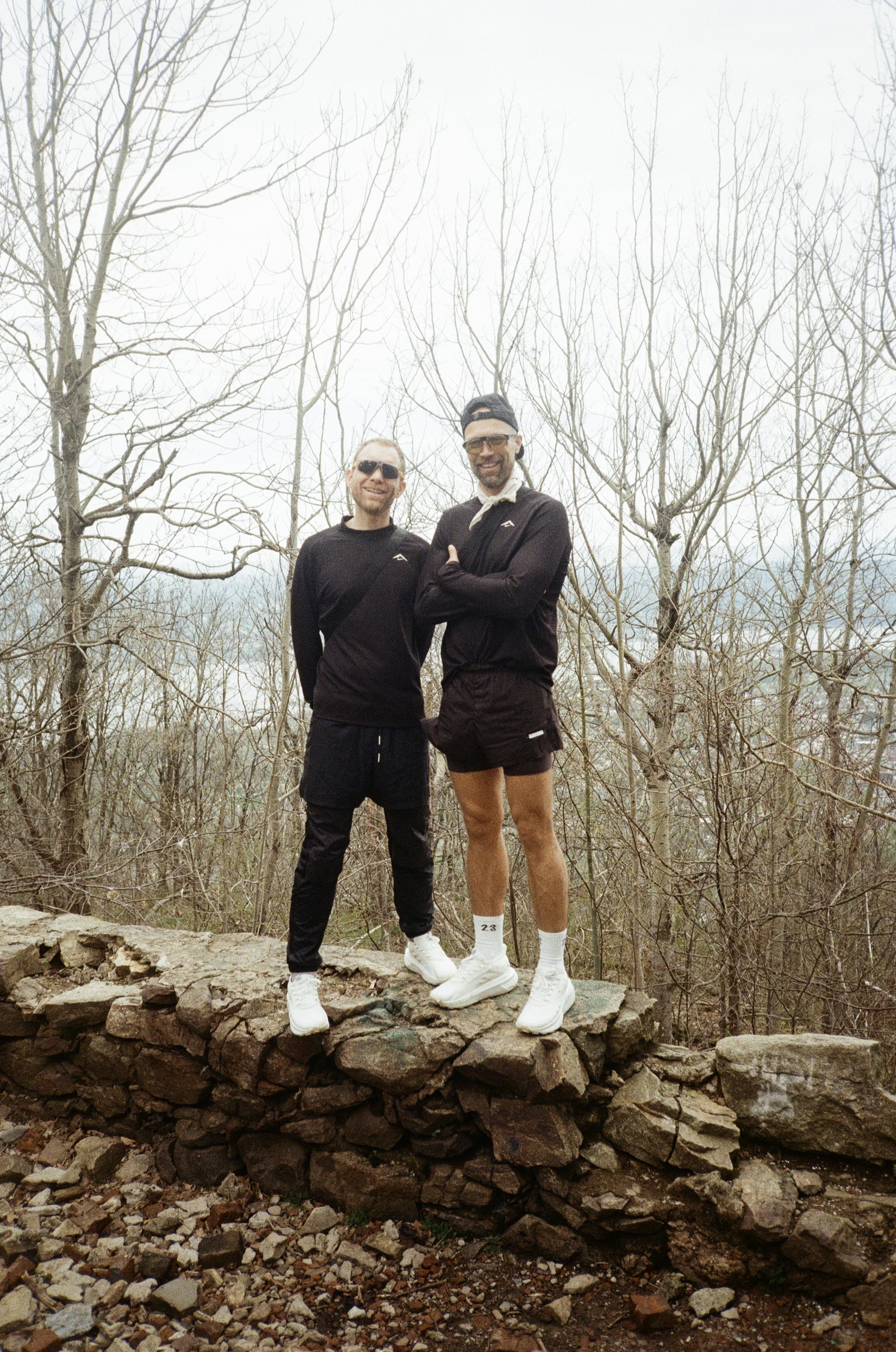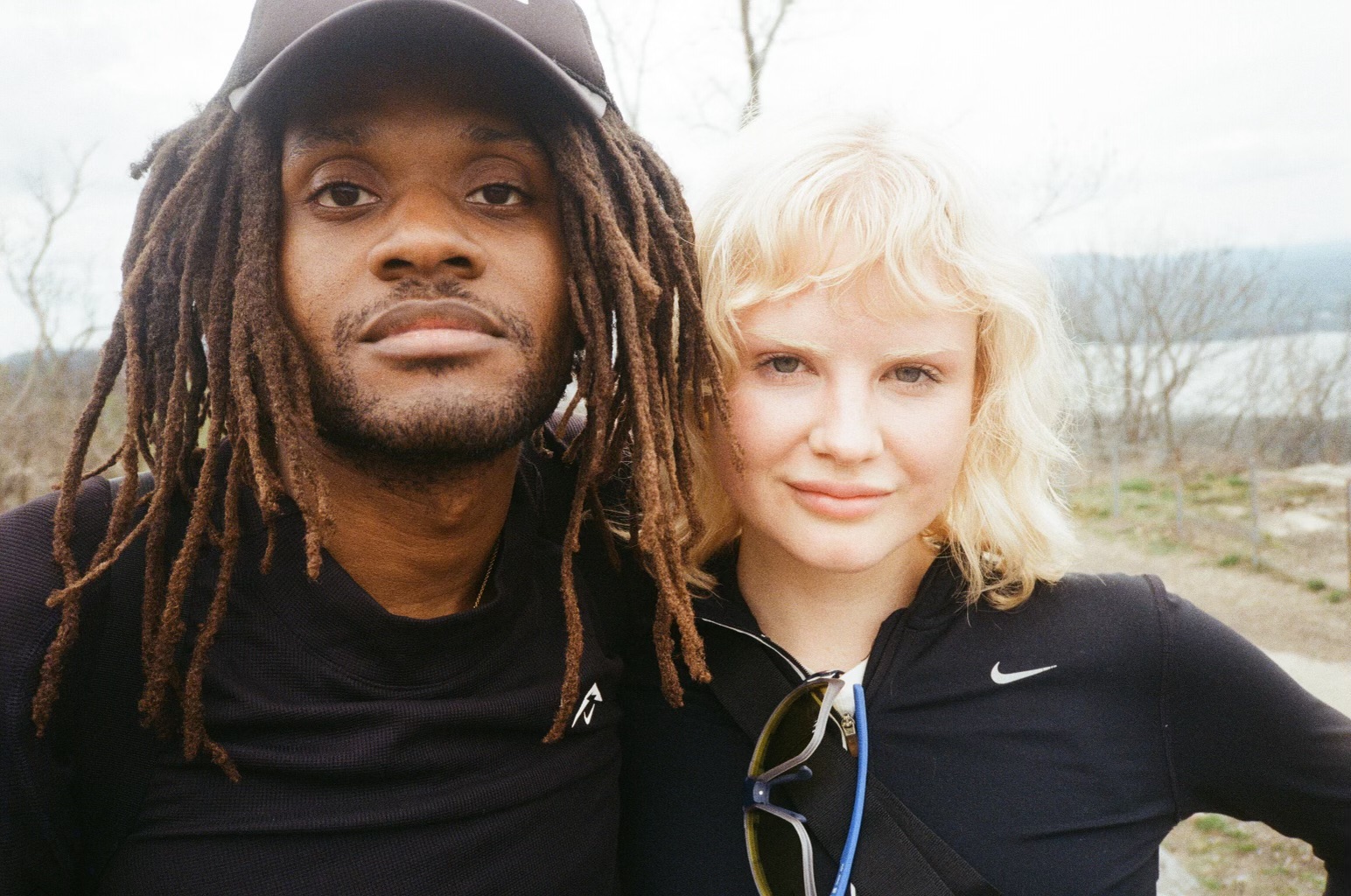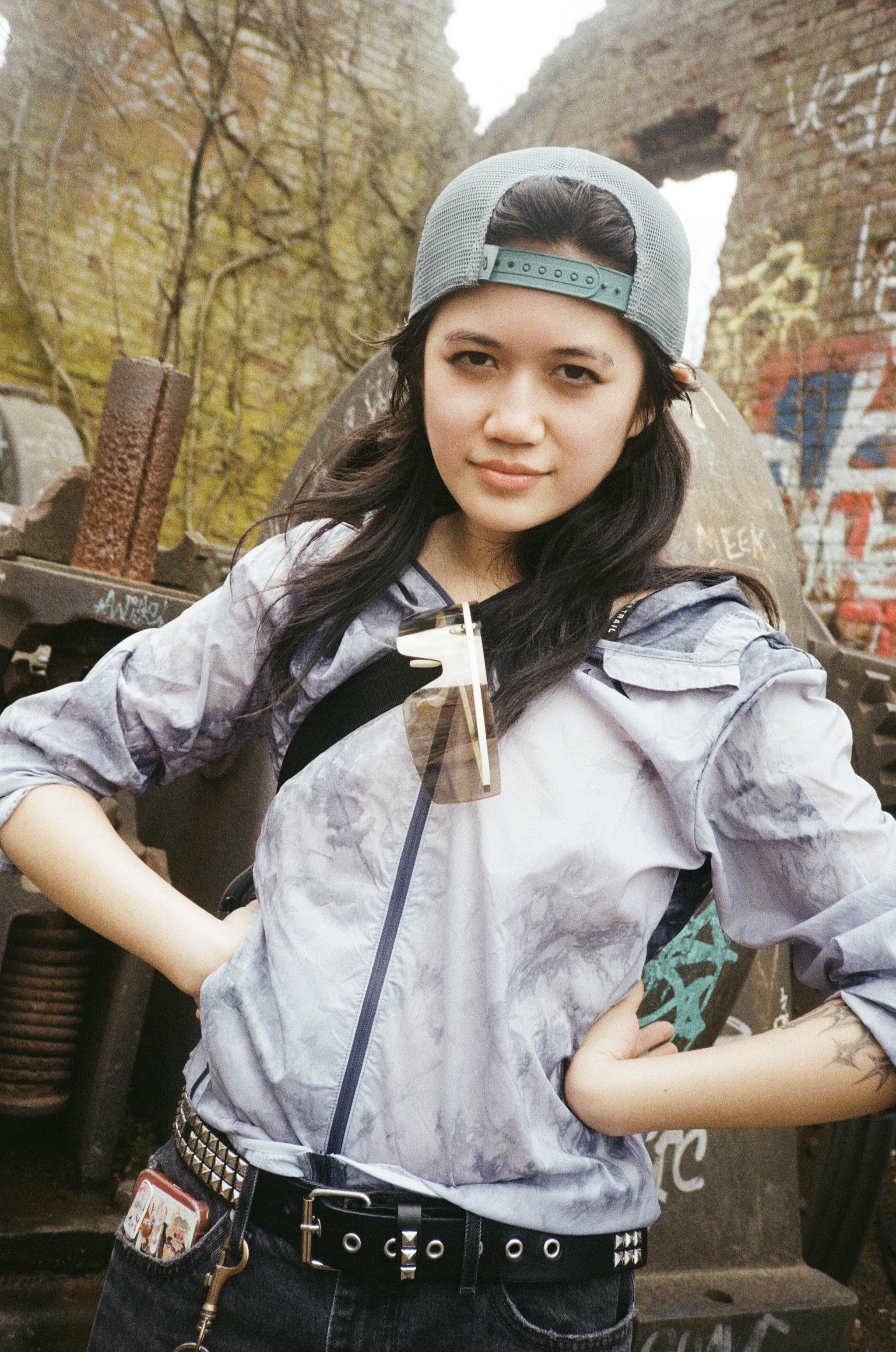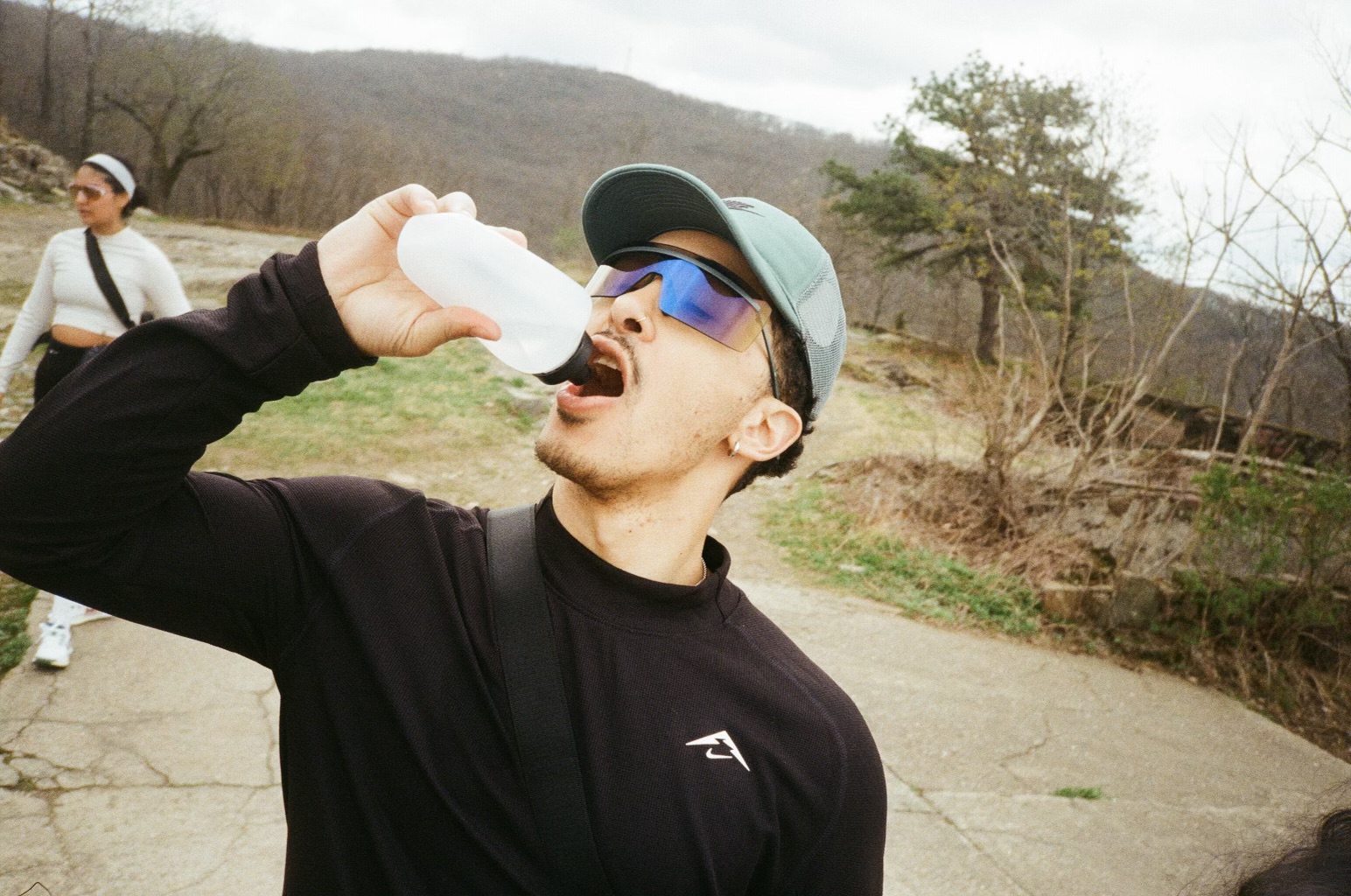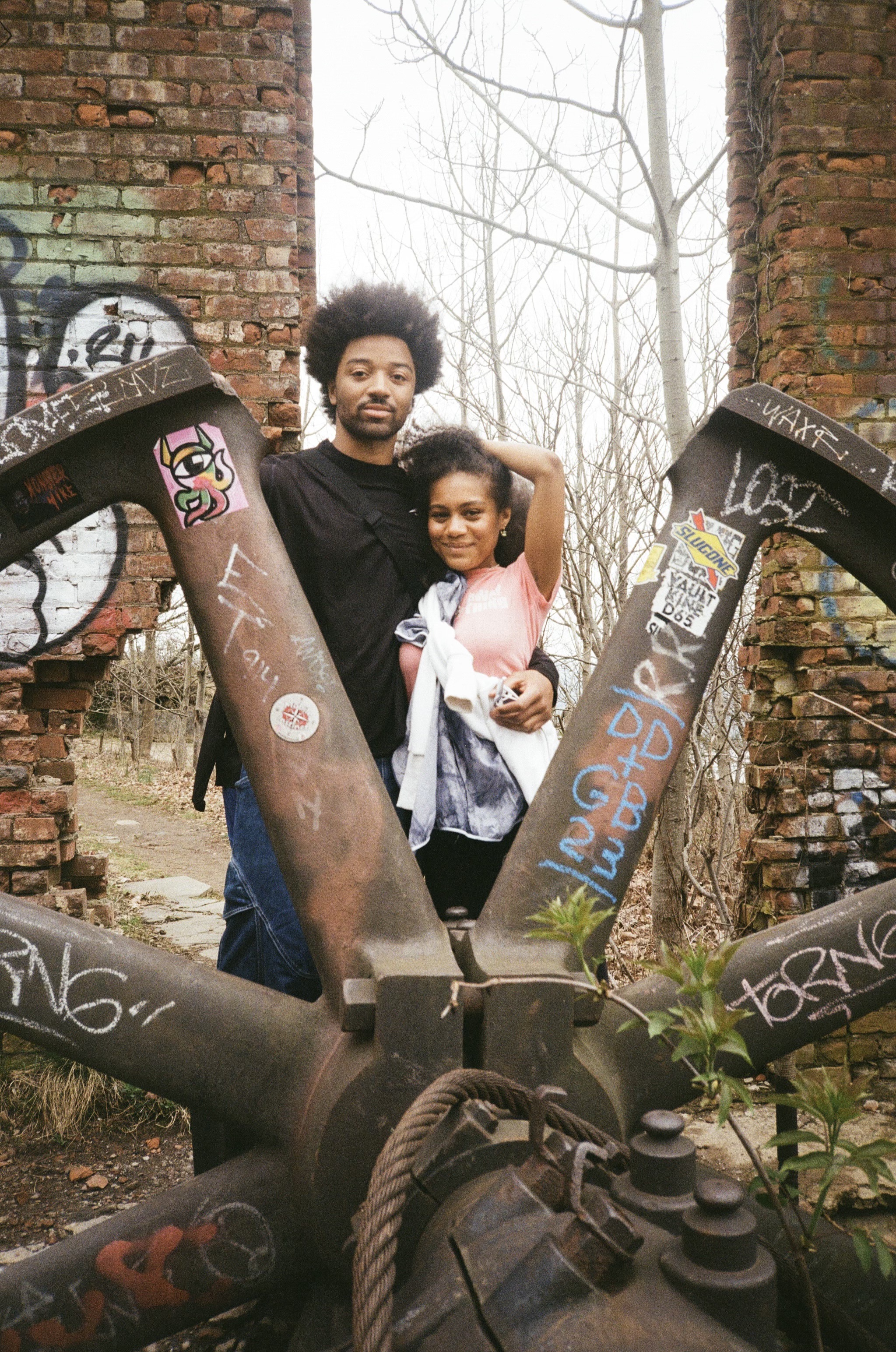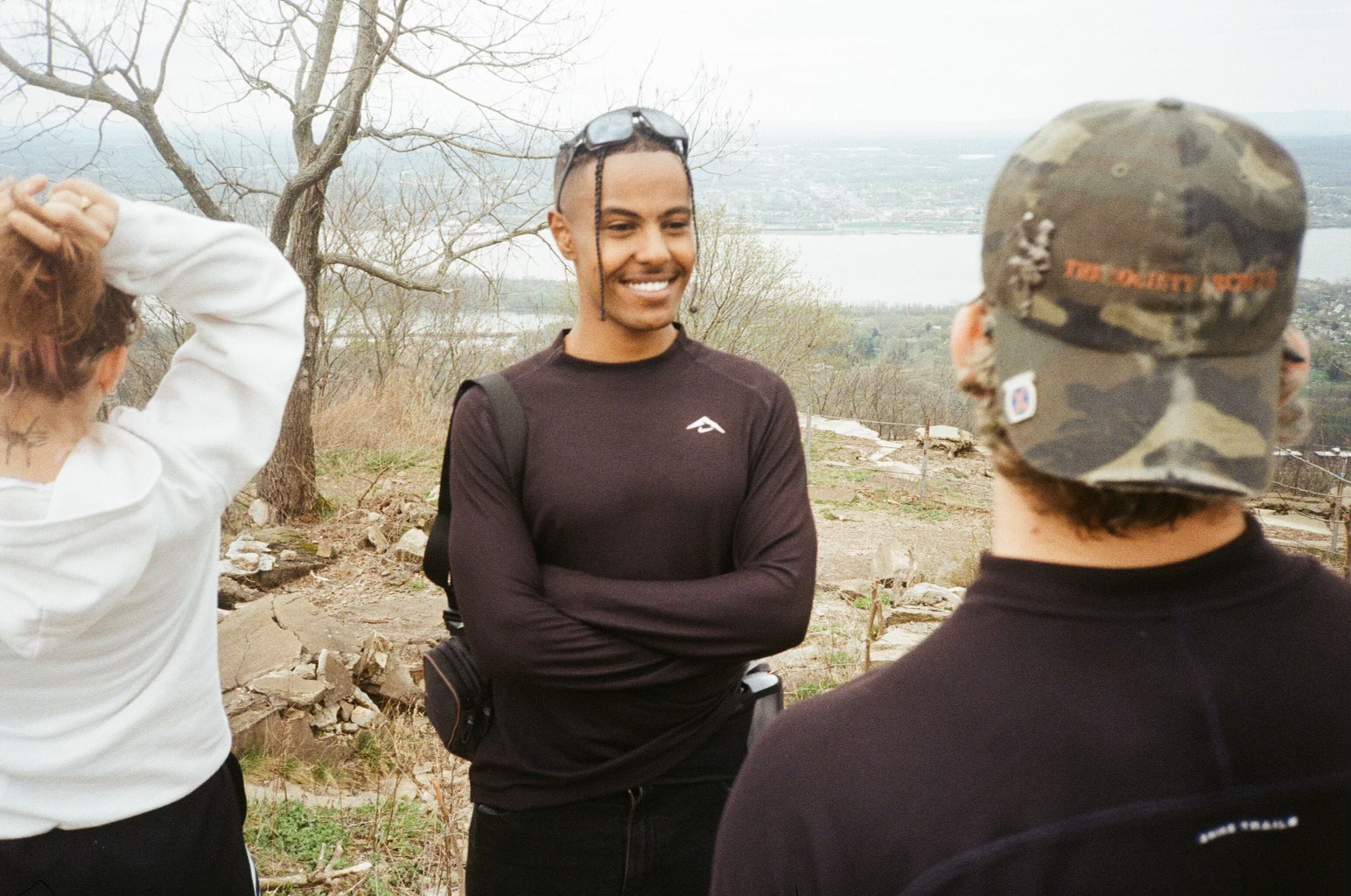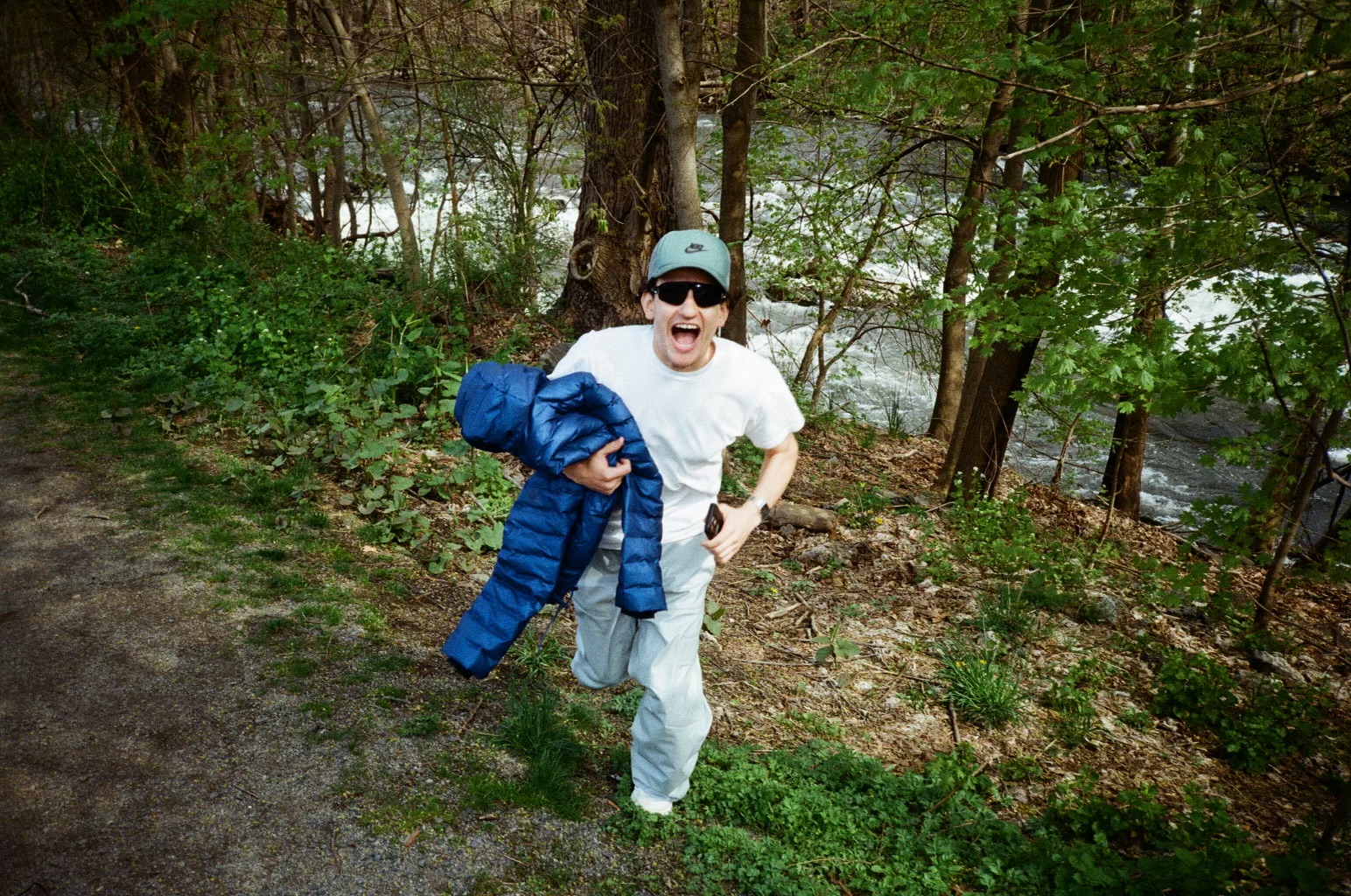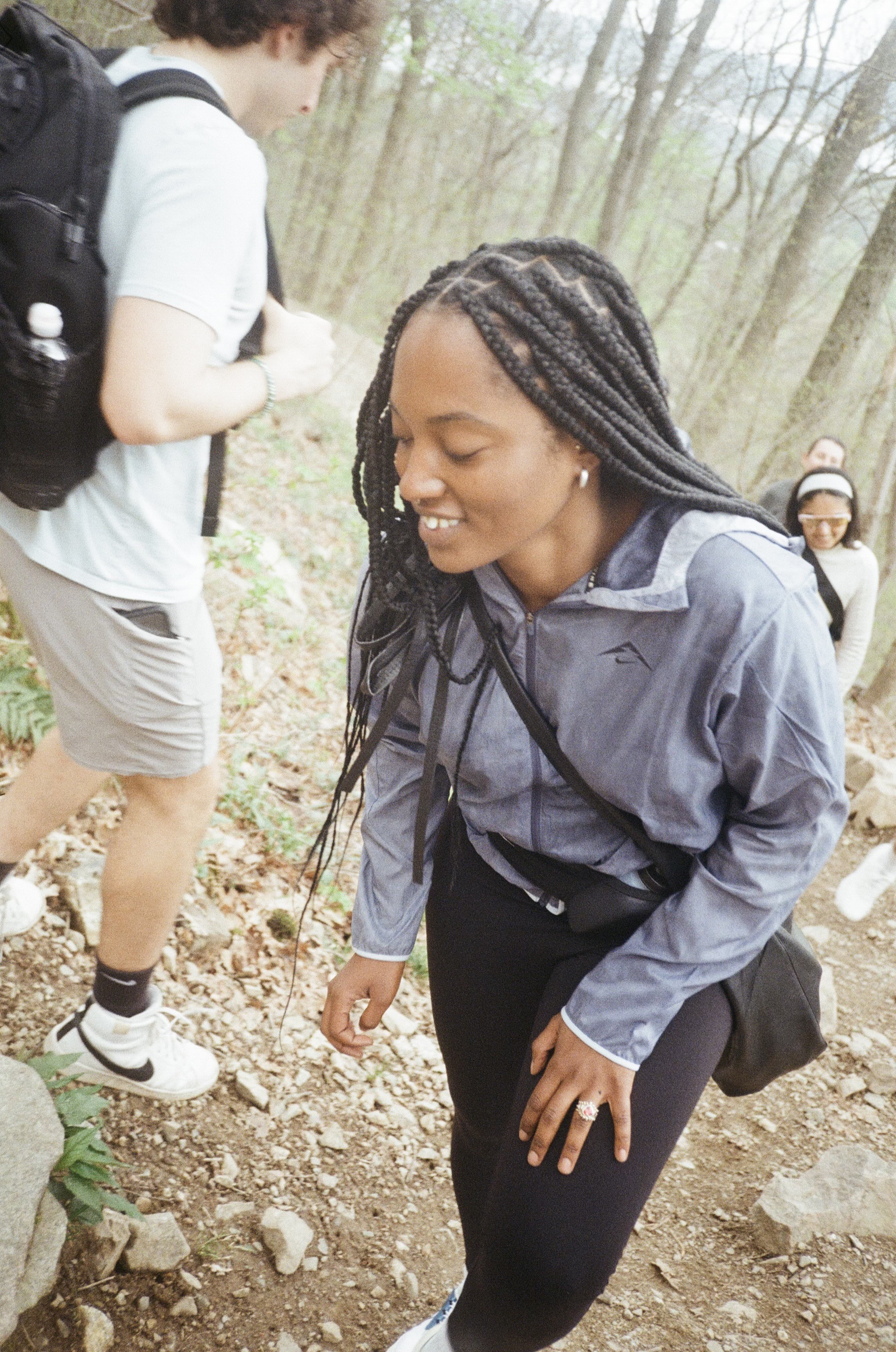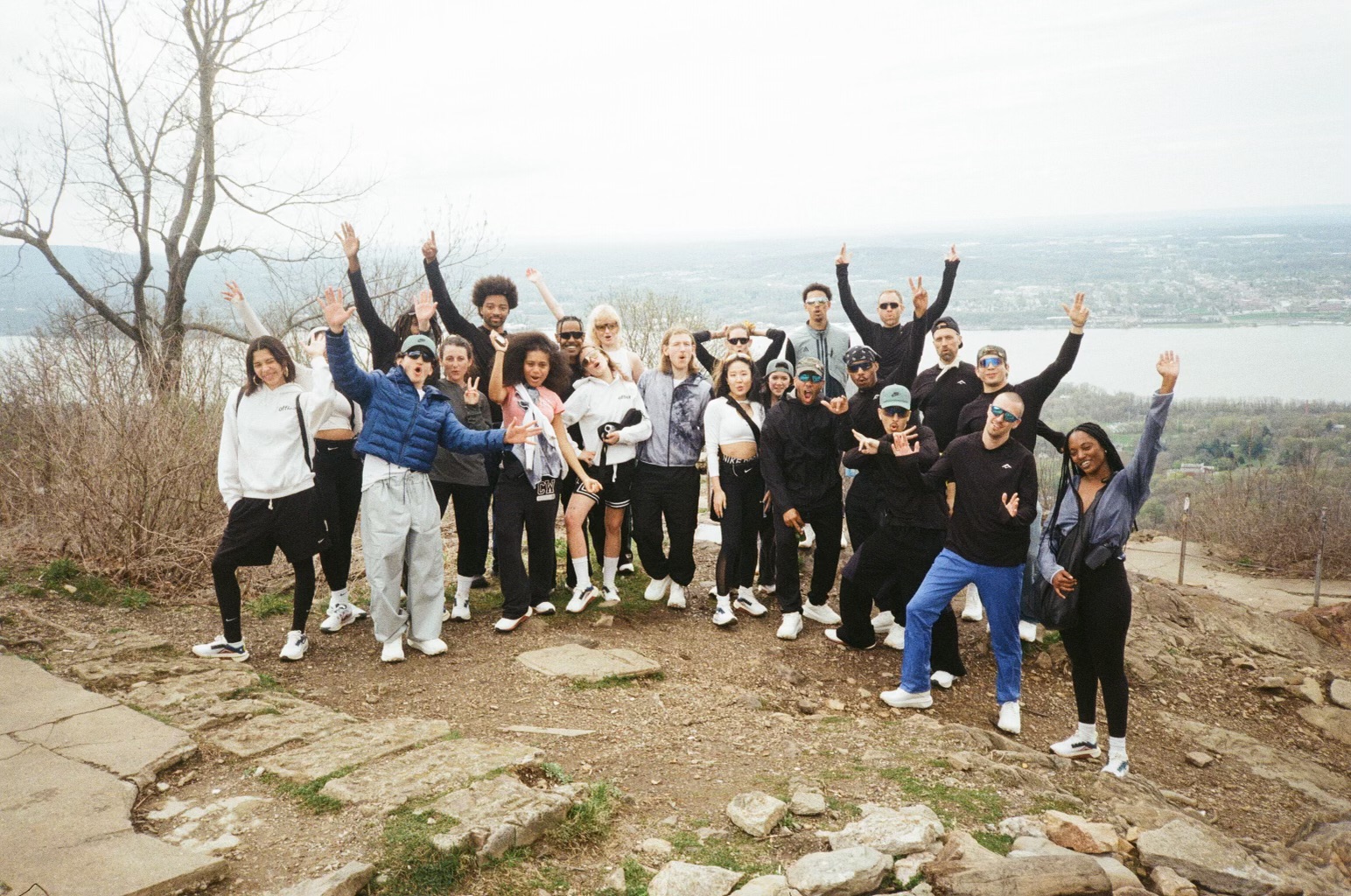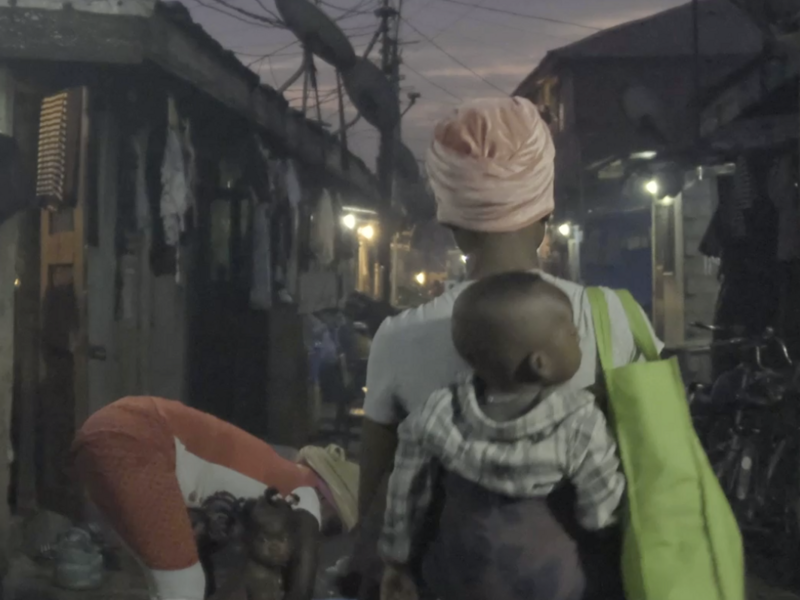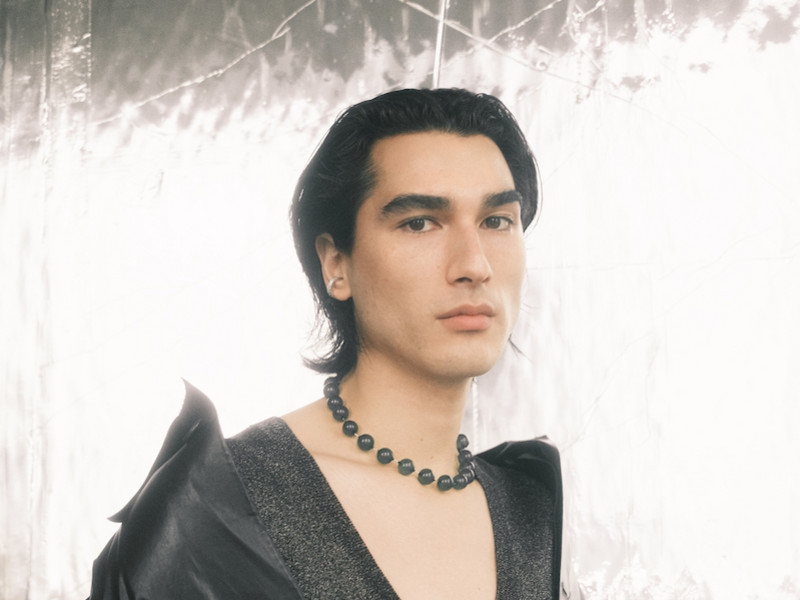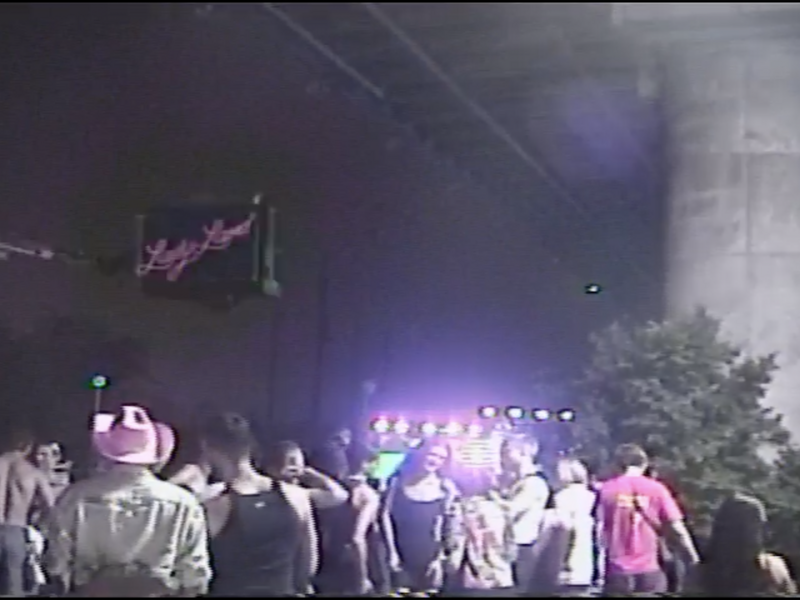It's Not That Serious
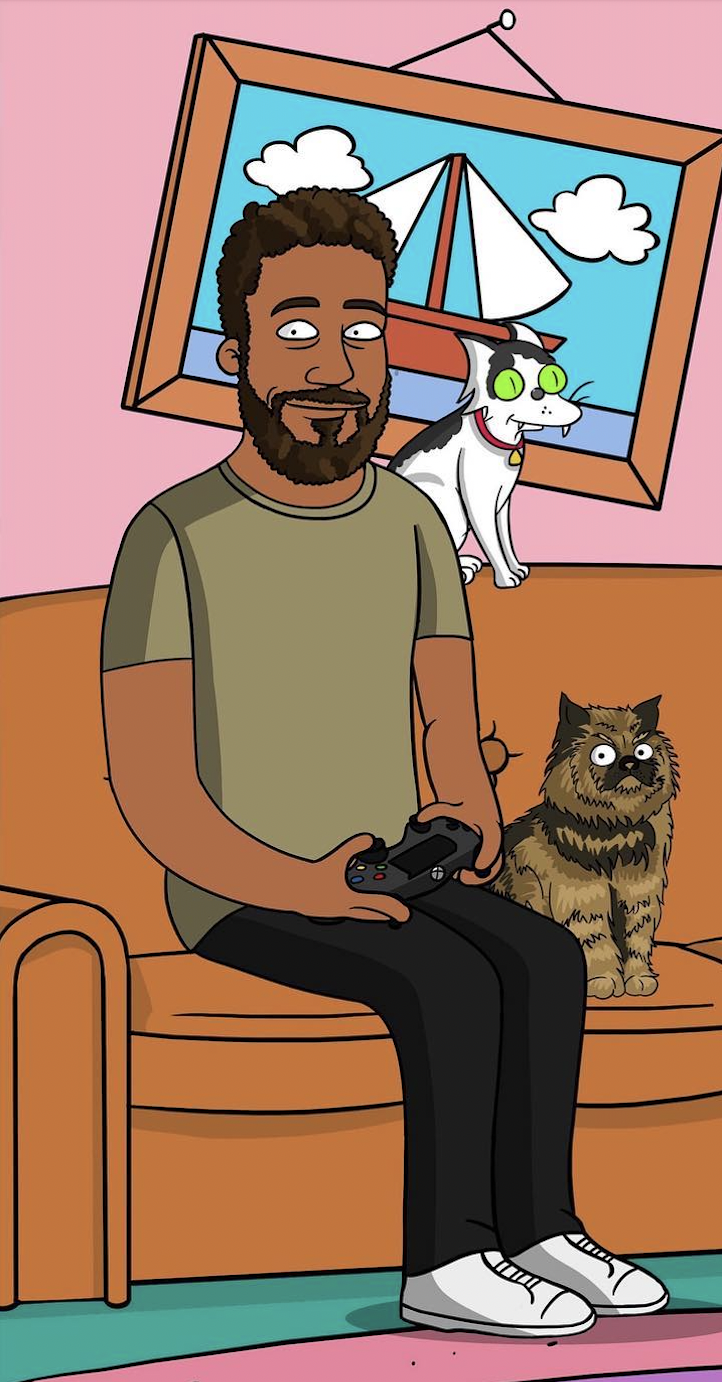
I want to get into all of your amazing accolades, of course, but first, there’s important business to take care of. You’ve spent time in Philadelphia and I also grew up in the Philly area. What is your favorite cheesesteak spot?
I actually only lived in Philadelphia until I was nine years old, and then my dad moved us to Baltimore to try and get us out of the hood. The Wire wasn't out then, so he had no idea what we were walking into. I spent time in Germantown though, but I never really spent enough time there to find a favorite cheesesteak spot. I know Pat’s is one of the big ones and there are a few other popular places, but my friend took me to a hole-in-the-wall place once and that was probably the best I’ve had.
It’s always those types of spots that are the best actually. Do you feel that spending time in cities like Philadelphia and Baltimore has helped you persevere and succeed in navigating a rather difficult industry?
Definitely, living in Baltimore and Philly for a bit taught me to work hard and made me a little tougher. Being from the East Coast, I think people have a bit more hustle in them. When I moved to LA, I think I learned how to slow down a bit. But I think my upbringing totally shaped me and the way I approach my work.
What is the largest obstacle you faced in your pursuit of becoming an animation producer and writer, and how did you power through that?
I tried everything when I got to LA. I was editing, writing, producing, and acting — I wanted to do anything that would get me ahead. At one point, I had written and produced 2 independent films before trying to pursue tv writing. I was in a movie with Kevin Hart on Netflix, so I thought getting into tv writing would be easy — it wasn’t. I still had to go back to the beginning and start from scratch. I took a writing course and really focused on my writing and started to build back up from the bottom. There was a time when I almost gave up and went back home; I was struggling to pay rent and didn’t think it was going to happen for me, so I’m glad I kept going.
You say that the indie movies didn’t exactly help you in the way you thought they would, but did the making of them still teach you valuable lessons?
Definitely — I learned how to run a team and how to fund a project. All of the things that are important to know in general in the entertainment industry. So it ended up paying off anyway.
The logistics. That’s definitely valuable, even if the path you took wasn’t what you thought it would be. Can you give an example of an episode or segment of writing that you are most proud of?
I wrote a movie that came out in theaters. I actually cringe when I watch it now, but seeing it there was probably my proudest moment. I did the acting thing once and I don’t need to do that again.
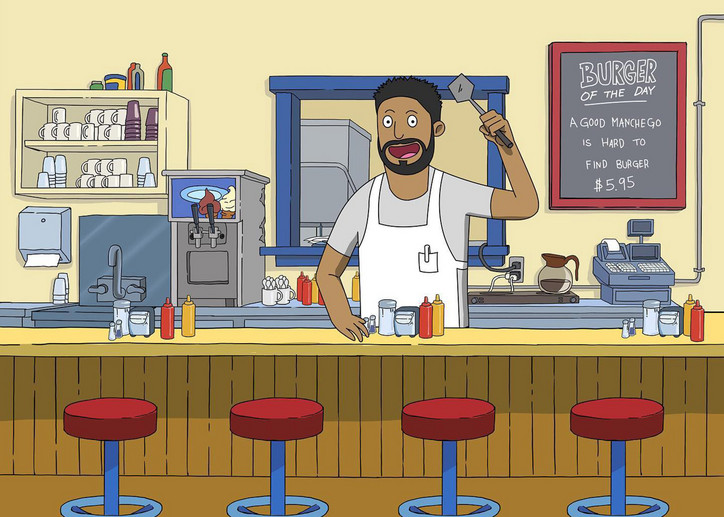
That’s the thing that a lot of actors usually say — some don’t like to watch their tv shows or movies. But that has to be the biggest moment of fulfillment as a screenwriter though — seeing your ideas come to life on a big screen, with an audience.
Exactly. I wouldn’t say it’s my favorite project, but I think it’s something to be really proud of, coming from Baltimore and finding my way through a more non-normative path.
Did you watch any animated shows growing up, and do you think they shaped your current sense of humor? And to follow that up, if you had to describe your sense of humor in a few words, how would you?
I watched a lot of South Park. My parents didn’t really like it back then, but they love it now. It’s the first tv show that truly introduced me to satire. I love the idea that comedy can be entertaining but it can also bring up important topics and discussions. I’d say that show, The Simpsons, and just other Saturday morning cartoons definitely influenced my sense of humor, but I also put my own spin on it. I became really interested in South Park and Trey Parker, Matt Stone, and Loren Bouchard’s work. I began just studying their art and how they bring real-world situations into these 25-minute episodes; I think that’s what really pushed me to get into comedy and tv writing. And if I had to describe my sense of humor, I would say satirical, sometimes irreverent, and hilarious.
I would definitely hope you’d describe your own work as hilarious! How do you reconcile writing jokes that align with your own sense of humor, but that also toe the line of politically correct, yet still comical, in the current state of the world where sensitivity can run high? I imagine this can be difficult, especially with adult animation.
My answer to that is that for me, it’s easy. I’m not an offensive person and I don’t think my jokes come off that way. Growing up in Germantown for a bit, like I said it was the hood. Then we moved to Baltimore, where we kind of lived in a suburban area outside of the hood, but a lot of my friends were from the hood. And then I moved off to LA. I feel like having those different experiences taught me how to write for all different audiences. As the executives say in the industry, I think my humor hits four quadrants — adults laugh at my jokes, kids understand them too, and so on. On the flip side, I have a script that I just finished and some of the characters are inspired by real-life friends. That one is more niche. I feel like some people watching or reading that may not understand where certain things are coming from, but there are audiences who will really enjoy and resonate with those types of jokes. Obviously, some of the writing I do is just for adult animation, but I think I’ve gotten really good at knowing how to write with a universal sense of humor.
Do you think comedy can be a form of therapy?
Definitely — I mean laughing is therapeutic. I had this existential crisis when I was in quarantine.
As many of us did.
Yeah — it was the first time I had an anxiety attack. I thought I was having a heart attack at first. I just started really thinking about whether or not what I do is important. It was actually right around the George Floyd protests, a lot was going on in the world. I just felt overwhelmed and I couldn’t stop thinking about whether or not my work mattered. I was upset that maybe what I was doing wasn’t important to the world, in the grand scheme of things. I remember watching a movie around that time though, I can’t remember what it was called but it was a black and white movie. It’s about a man who was a screenwriter during the Great Depression, who was also wondering what he was doing with his life and whether or not it was constructive. He ends up getting locked up and has to spend time in jail. While in jail, one morning sitting with the other prisoners, cartoons come on the television, and everyone starts laughing. These men, some of which were going to be locked up for over 20 years, or even life, were enjoying watching cartoons on tv with smiles on their faces. That made me realize — making people laugh is important. Providing an escape does make the world a better place.
Especially today, many people need that escape. It’s essential.
I think once I started thinking of my work in that way, I really started to appreciate what I do more. Everyone needs to laugh sometimes.

As one of few black animation writers in Hollywood, how do you think the industry can begin to foster a more inclusive community for all?
I think it’s definitely improving. There are so many tv shows that now have black directors, who bring on black producers, writers, and actors. There are surely still times when I am the only black writer in the room, but I think we’re beginning to improve. Most people, if they want to pursue a career in this industry, they take the traditional path of becoming a PA or a showrunner's assistant. But a lot of those people also have a connection or a friend who helped them get there. I didn’t approach things that way — I just took a chance, but a lot of people don’t get that chance. The industry can be very nepotism driven so my best suggestion is to try to open up ways for just anyone on the street to be able to apply for these positions, instead of just always basing everything on connections. There’s definitely still some work to do, but I know there are a lot of programs now that are giving creatives these opportunities.
There are tons of grants and programs to assist people now for sure, but I agree that there is still progress to be made. Not only are you a writer and producer, but your creativity also spans the design world, as you co-founded your own brand, NoOne. How do you traverse the design world; do you find yourself channeling a different creative version of yourself with this endeavor than in your writing and producing?
I was very challenged by this project because the creative parts of fashion are a bit scary to me. When we were deciding if we should take this on, I was so scared. That’s how I knew it was a good idea. My friend Lenard handles the more creative parts of the design process. I’m learning a lot from him. I want to learn more, so I’m taking a really open approach to this whole thing. I started to look at it as storytelling.
Exactly. Any creator, at the end of the day, is sharing a story with an audience. In fashion design, the designer is telling a story that the wearer then becomes a part of by putting the clothing on their bodies.
Yeah, once I started realizing that — that every creator is telling a story, it’s just the mediums that are different, it became less challenging. We mix traditional, utility styles with more non-traditional elements because that’s how both of us dress and how we approach life. We both got to our goals in unconventional ways.
